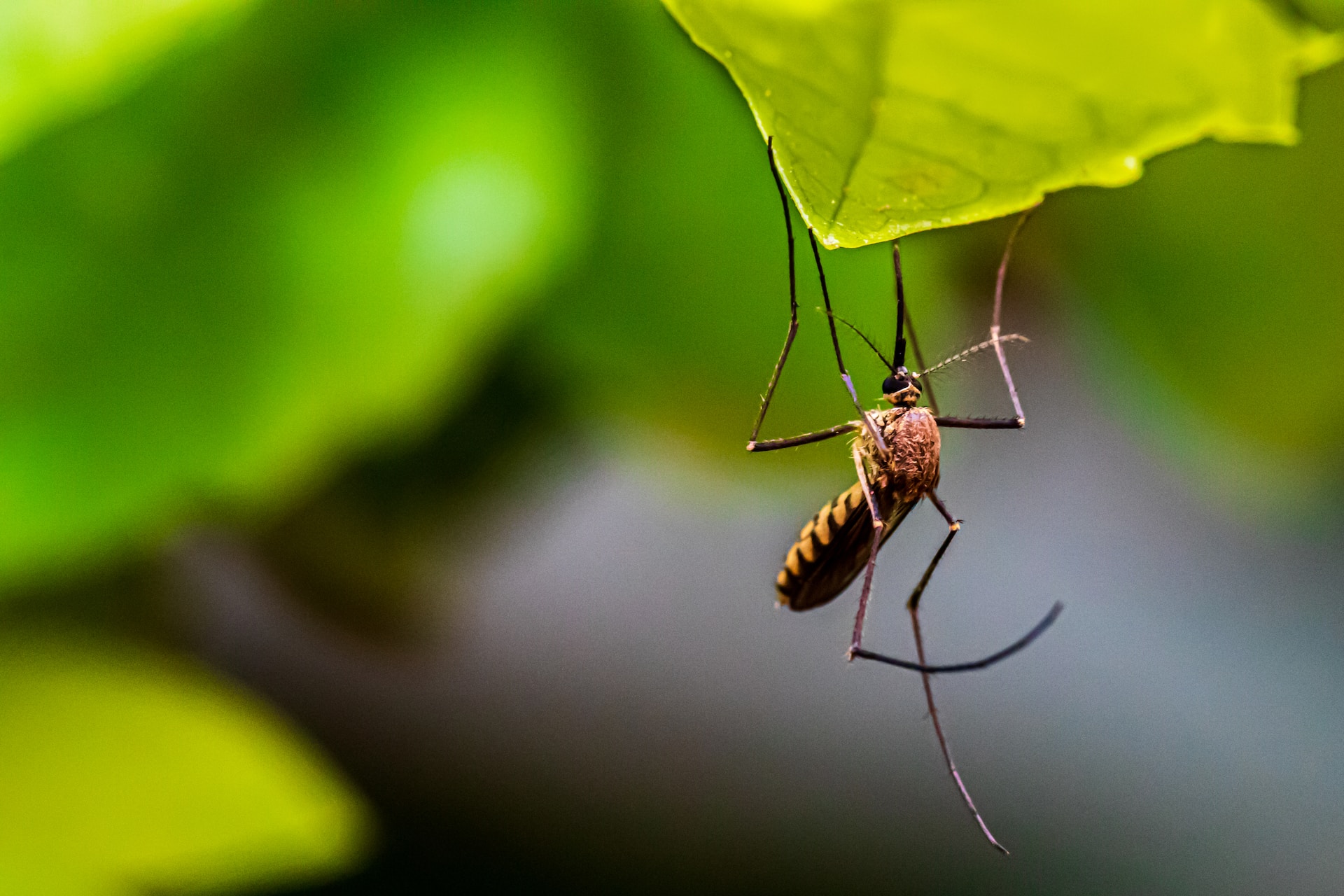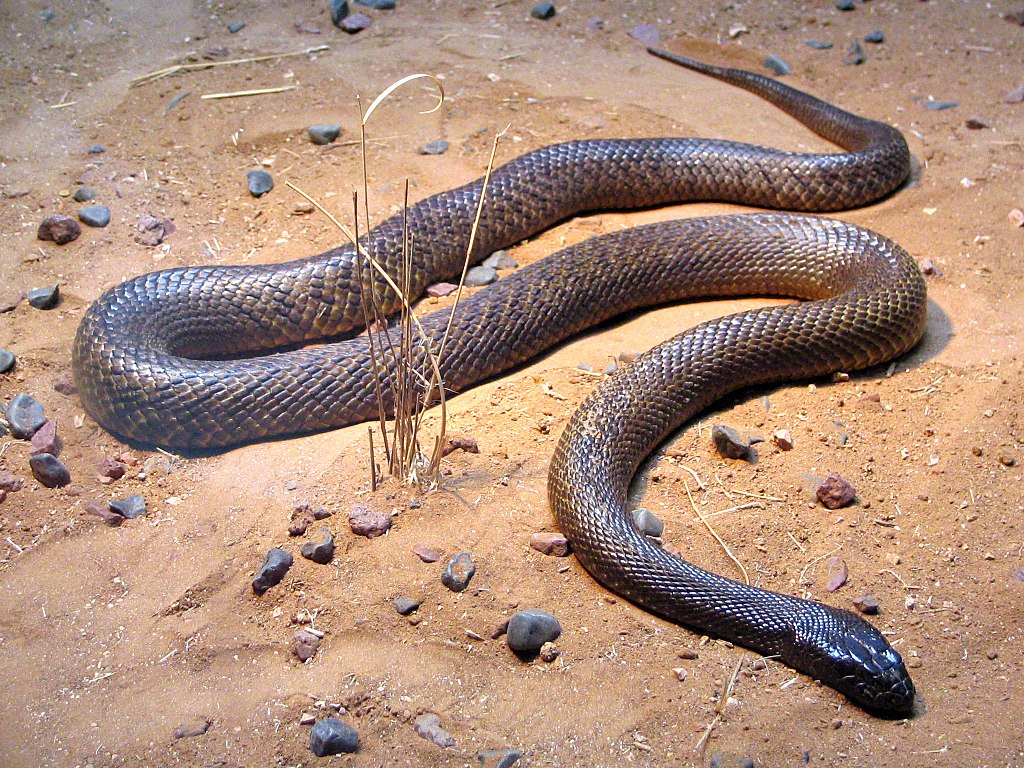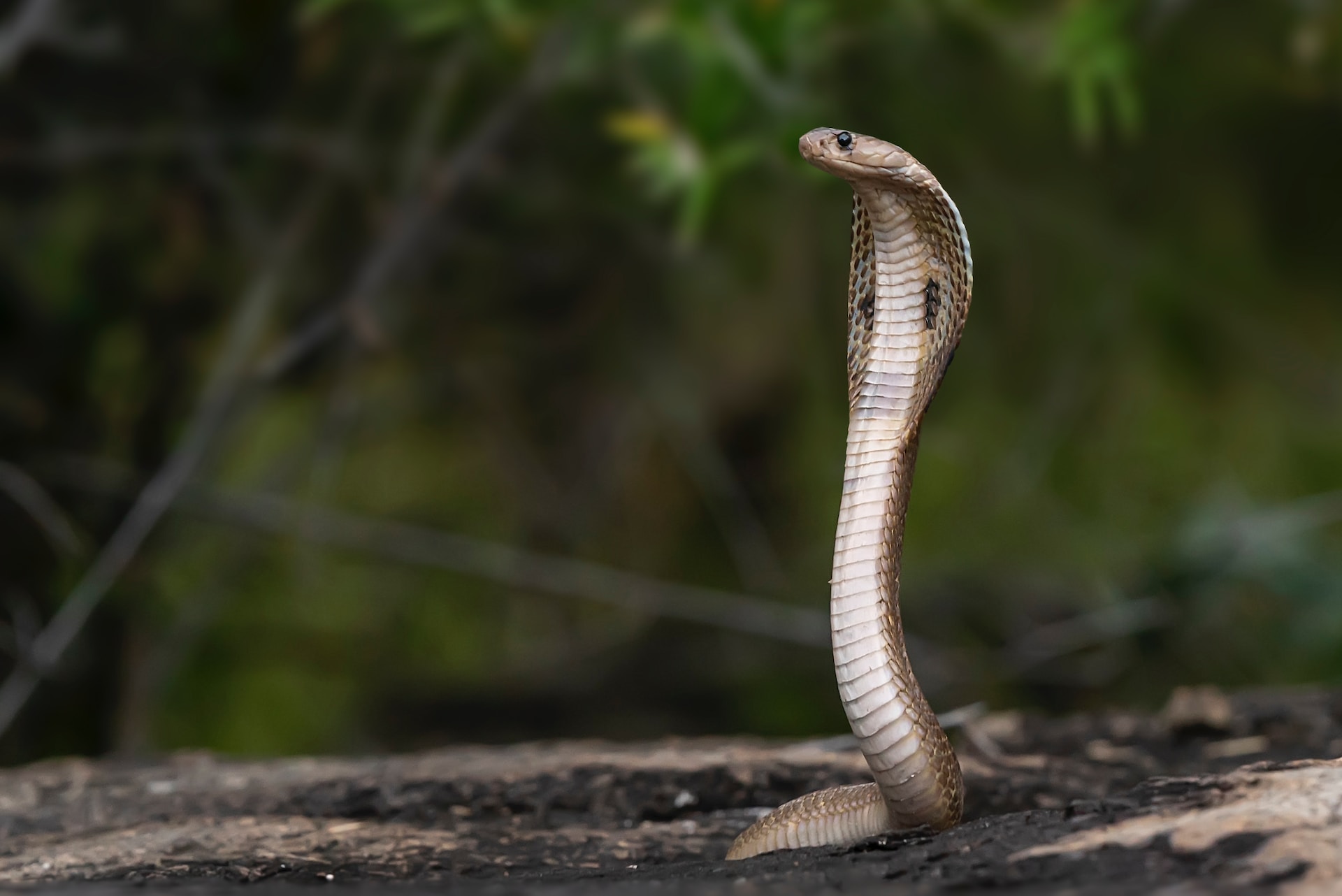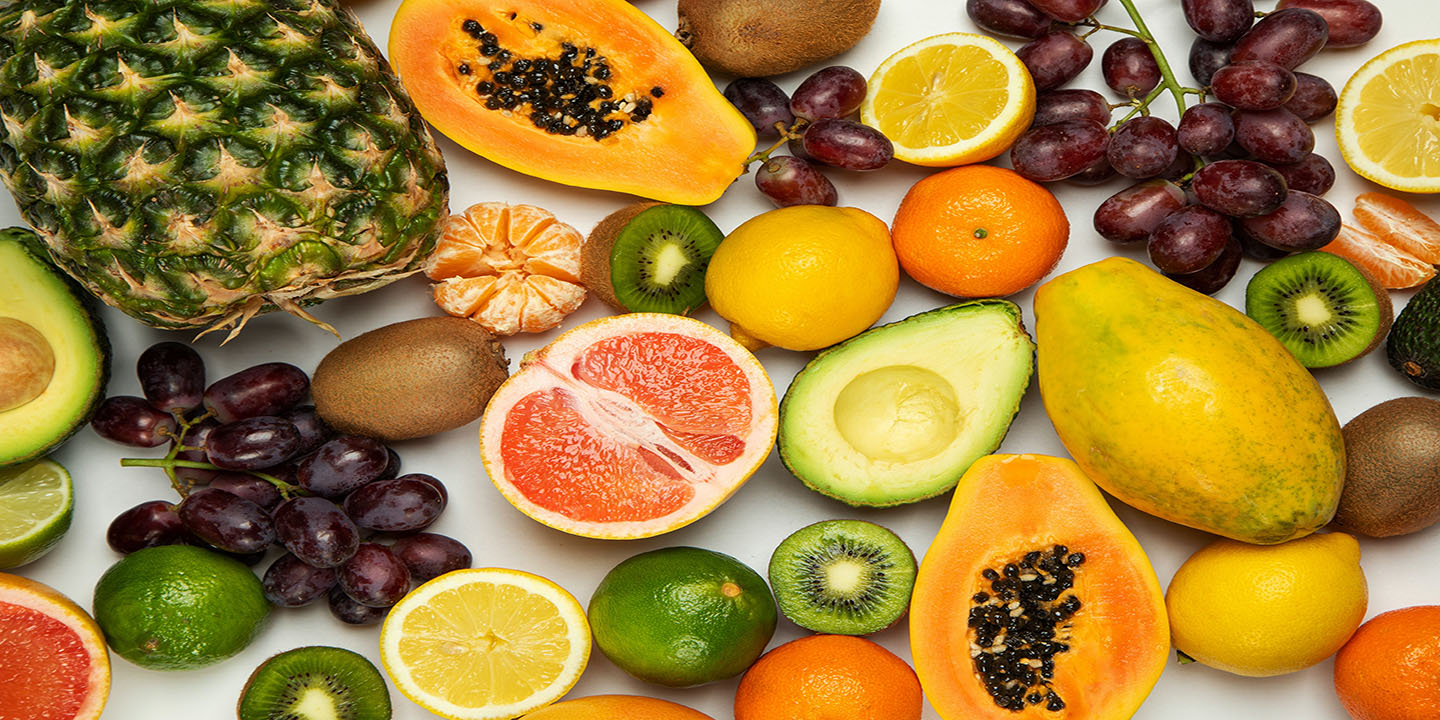While cats and dogs make perfect pets, it's safe to say there are plenty of animals in the world that would NOT be cuddly creatures to snuggle up with. Regardless of size, you'll be surprised to see which animals have made it on this list of some of the 40 most dangerous animals in the world.
1. Mosquito
Though tiny in size, mosquitoes are the deadliest animals on earth due to their ability to transmit diseases like malaria, dengue, and Zika. Millions are affected by these diseases each year, with hundreds of thousands succumbing to them.
2. Saltwater Crocodile
The largest living reptile, saltwater crocodiles are known for their powerful bite and aggressive nature. They're responsible for more human fatalities in their native range than any other wild animal.
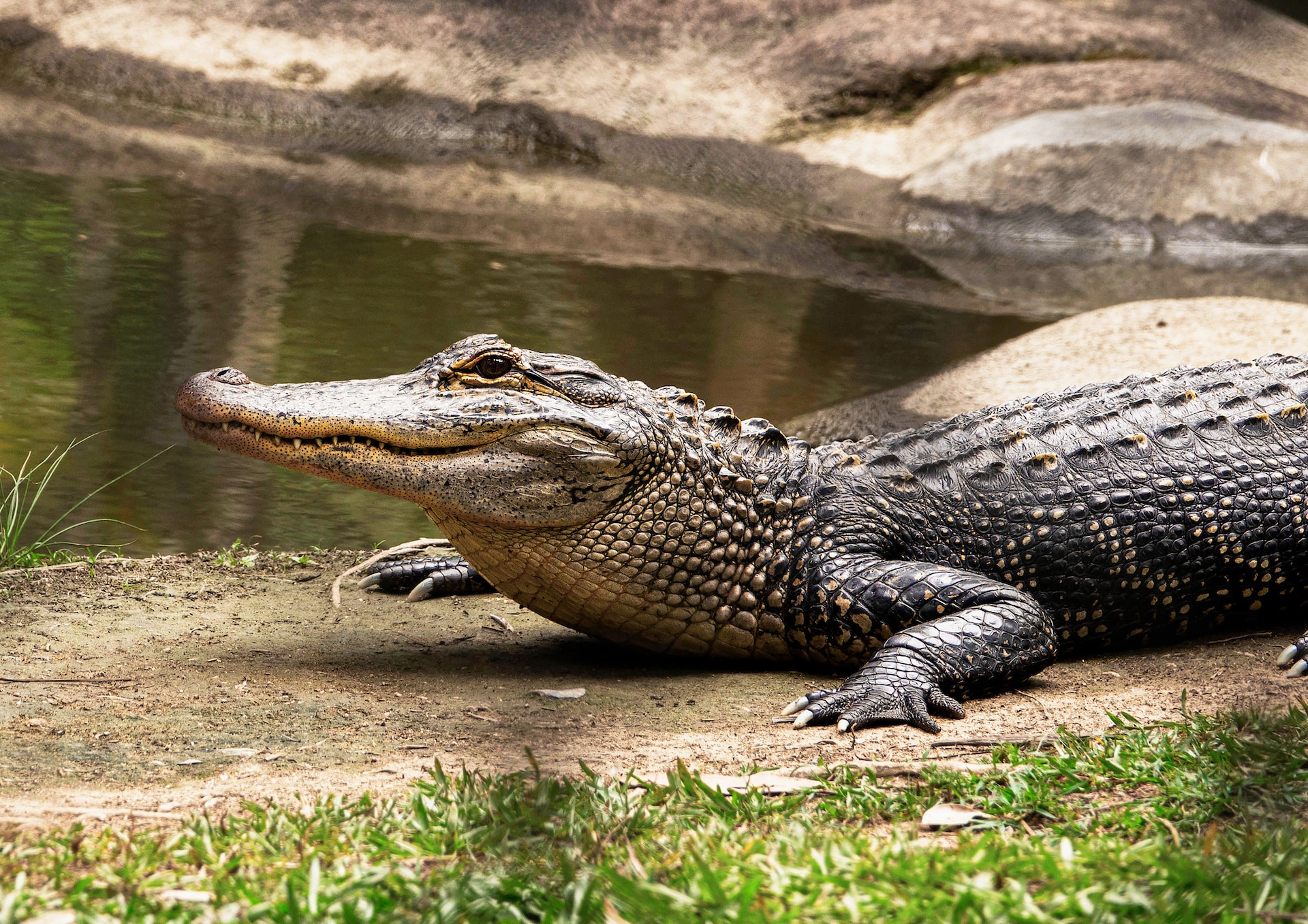 Photo by Rae Wallis on Unsplash
Photo by Rae Wallis on Unsplash
3. African Elephant
Although majestic, African elephants can be unpredictable and aggressive, especially when threatened. They account for a significant number of deaths in Africa due to trampling or goring.
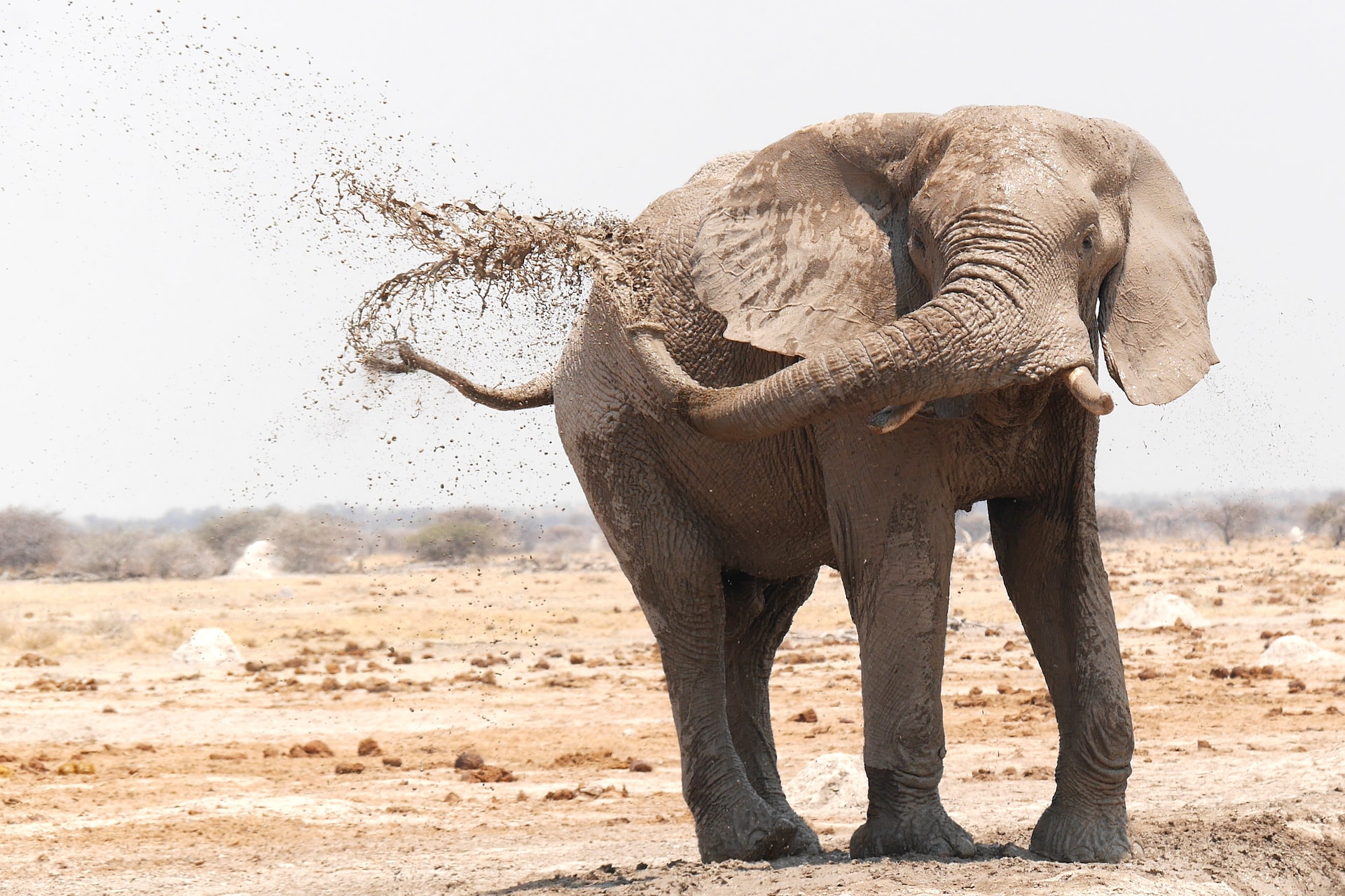 Photo by Caterina sanders on Unsplash
Photo by Caterina sanders on Unsplash
4. Box Jellyfish
Found primarily in the waters of the Pacific and Indian Oceans, box jellyfish stings can cause heart failure and death in just a few minutes. Their tentacles contain powerful toxins that can be fatal to humans.
 Photo by Joel Filipe on Unsplash
Photo by Joel Filipe on Unsplash
5. Cape Buffalo
Often referred to as "Africa's widowmaker", the Cape buffalo is known to charge with little provocation. Despite its herbivorous diet, it's responsible for killing more hunters on the continent than any other creature.
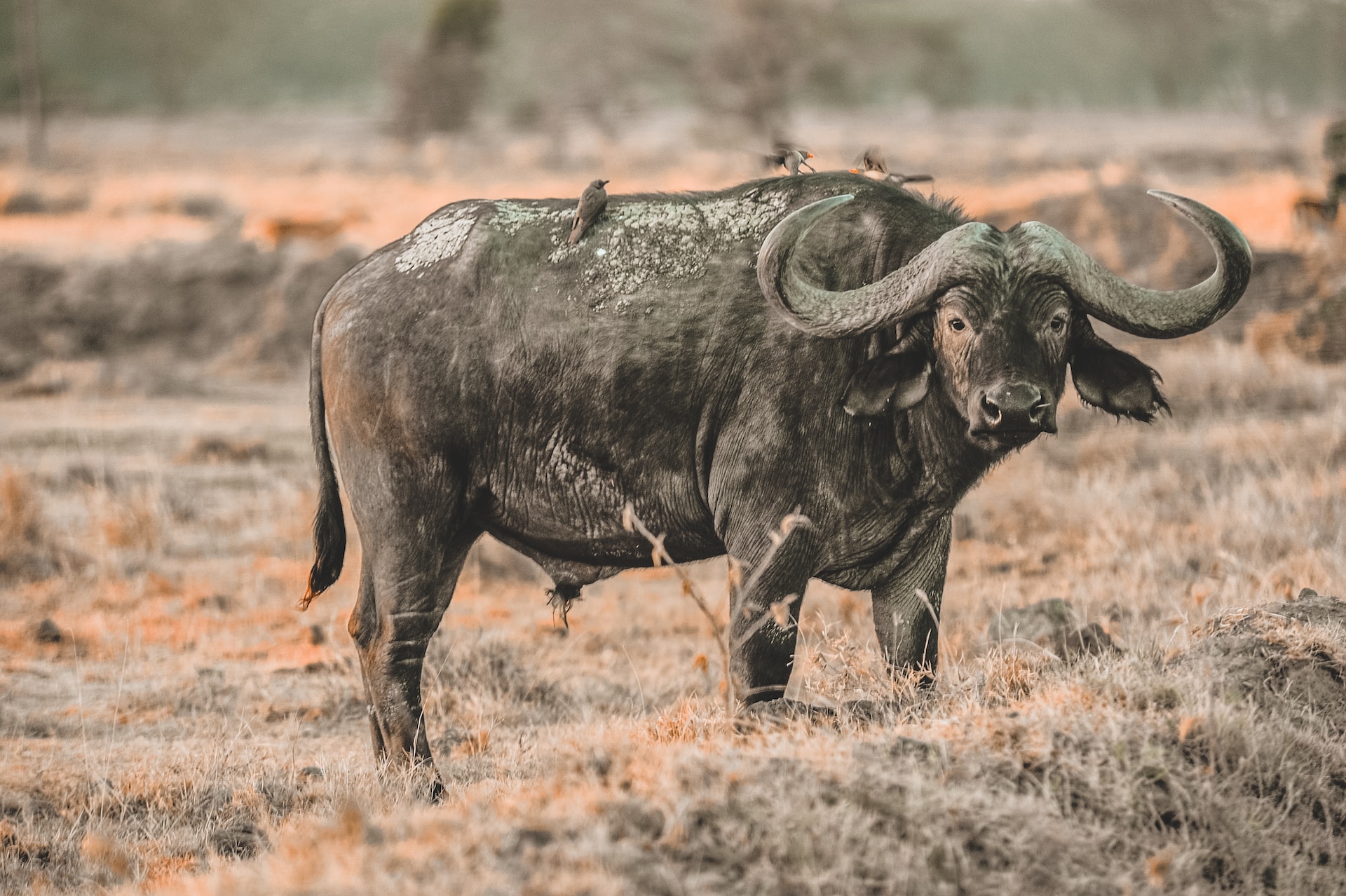 Photo by Harshil Gudka on Unsplash
Photo by Harshil Gudka on Unsplash
6. Great White Shark
Also commonly referred to with the term 'man-eater', great white sharks are powerful predators. While attacks on humans are rare, they can be fatal due to the shark's size and strength.
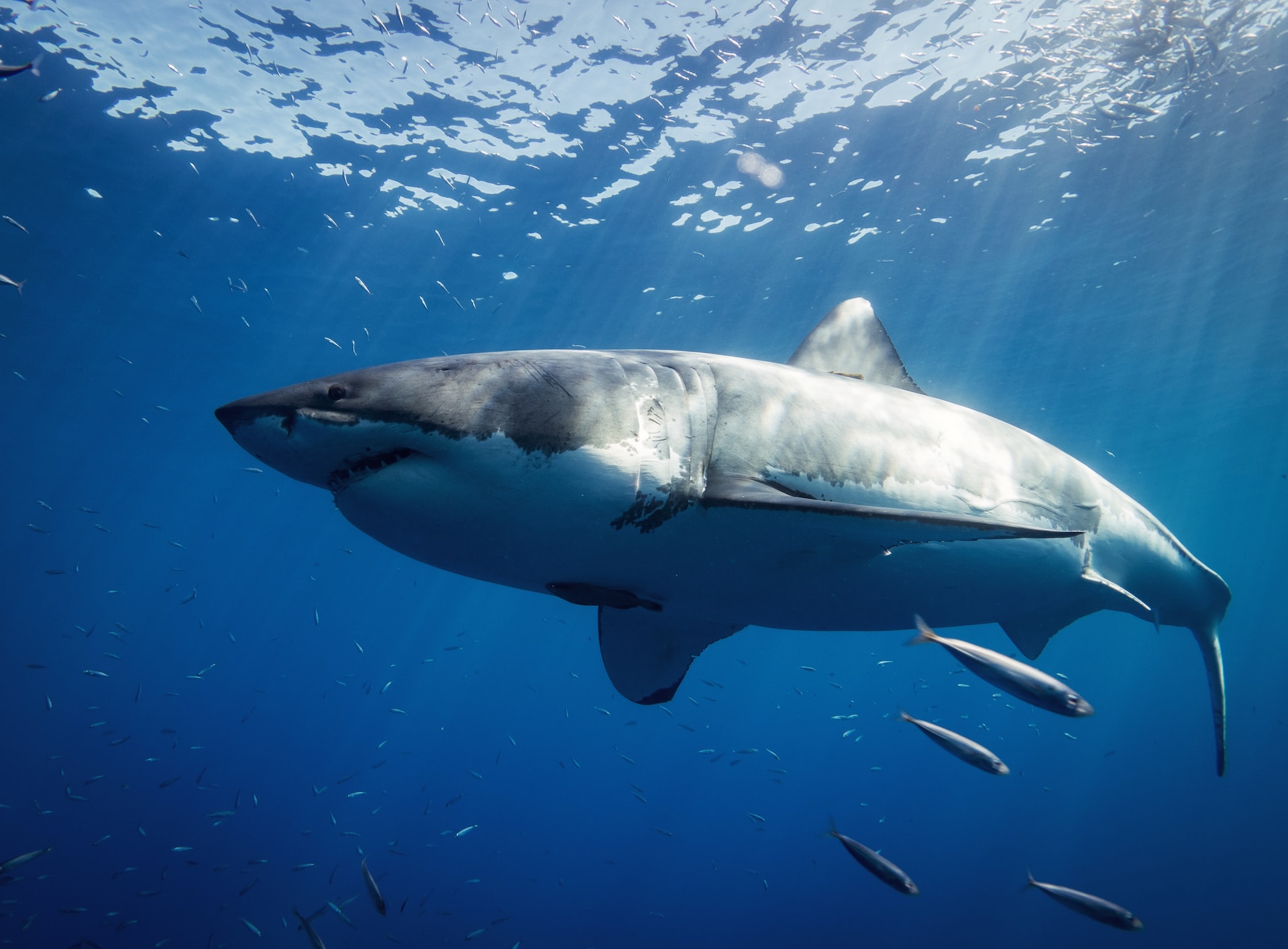 Photo by Gerald Schömbs on Unsplash
Photo by Gerald Schömbs on Unsplash
7. African Lion
The king of the jungle has a fearsome reputation for a reason. While they typically prey on animals, there have been instances of lions attacking and killing humans.
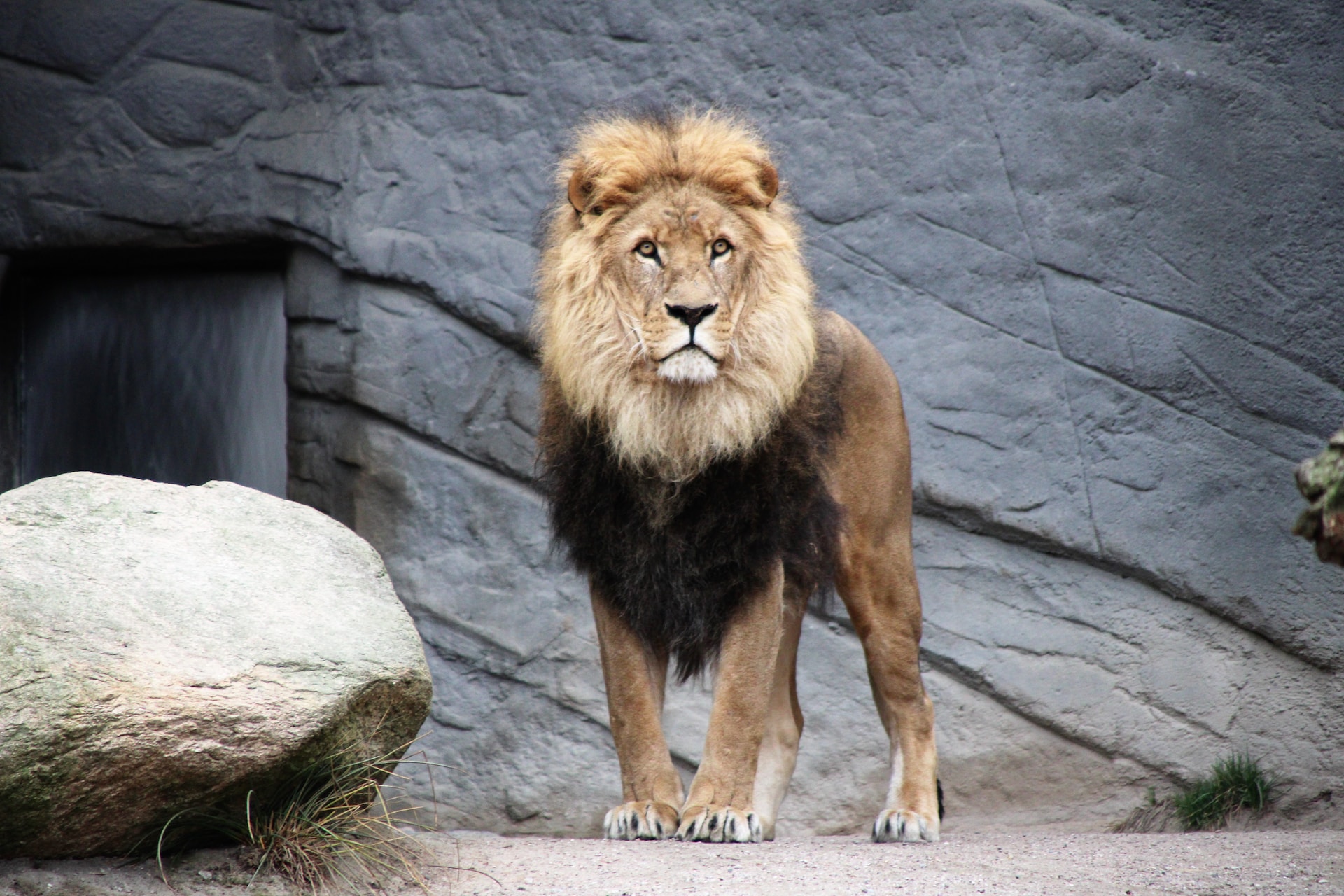 Photo by Mika Brandt on Unsplash
Photo by Mika Brandt on Unsplash
8. Black Mamba
Found in the savannas of Africa, the black mamba's venomous bite can lead to paralysis and death if not treated promptly. It's considered one of the most deadly snakes in the world.
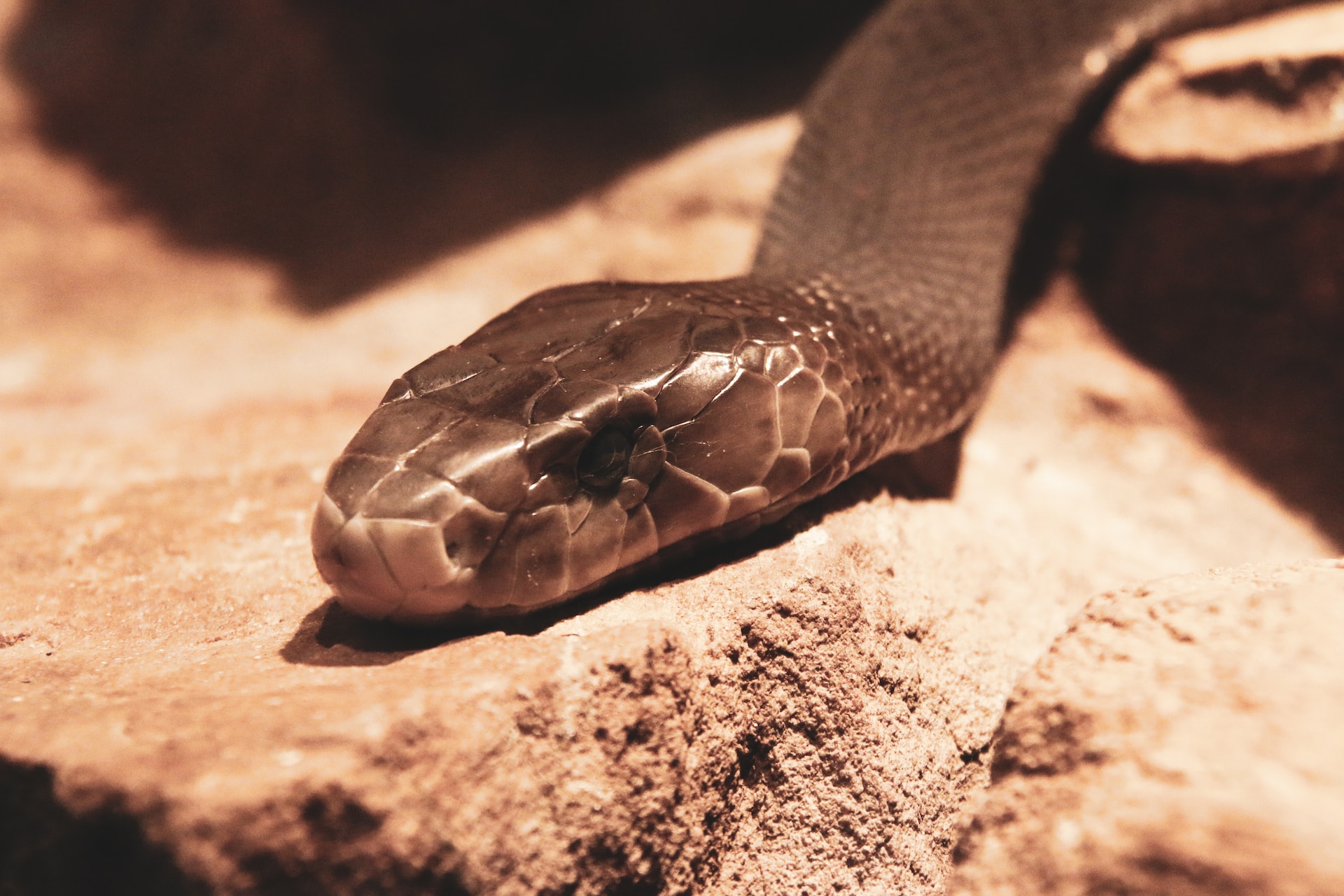 Photo by Glen Carrie on Unsplash
Photo by Glen Carrie on Unsplash
9. Hippopotamus
Despite their seemingly docile nature, hippos are extremely territorial and aggressive. They have powerful jaws and sharp teeth, making them responsible for more human deaths in Africa than other large animals.
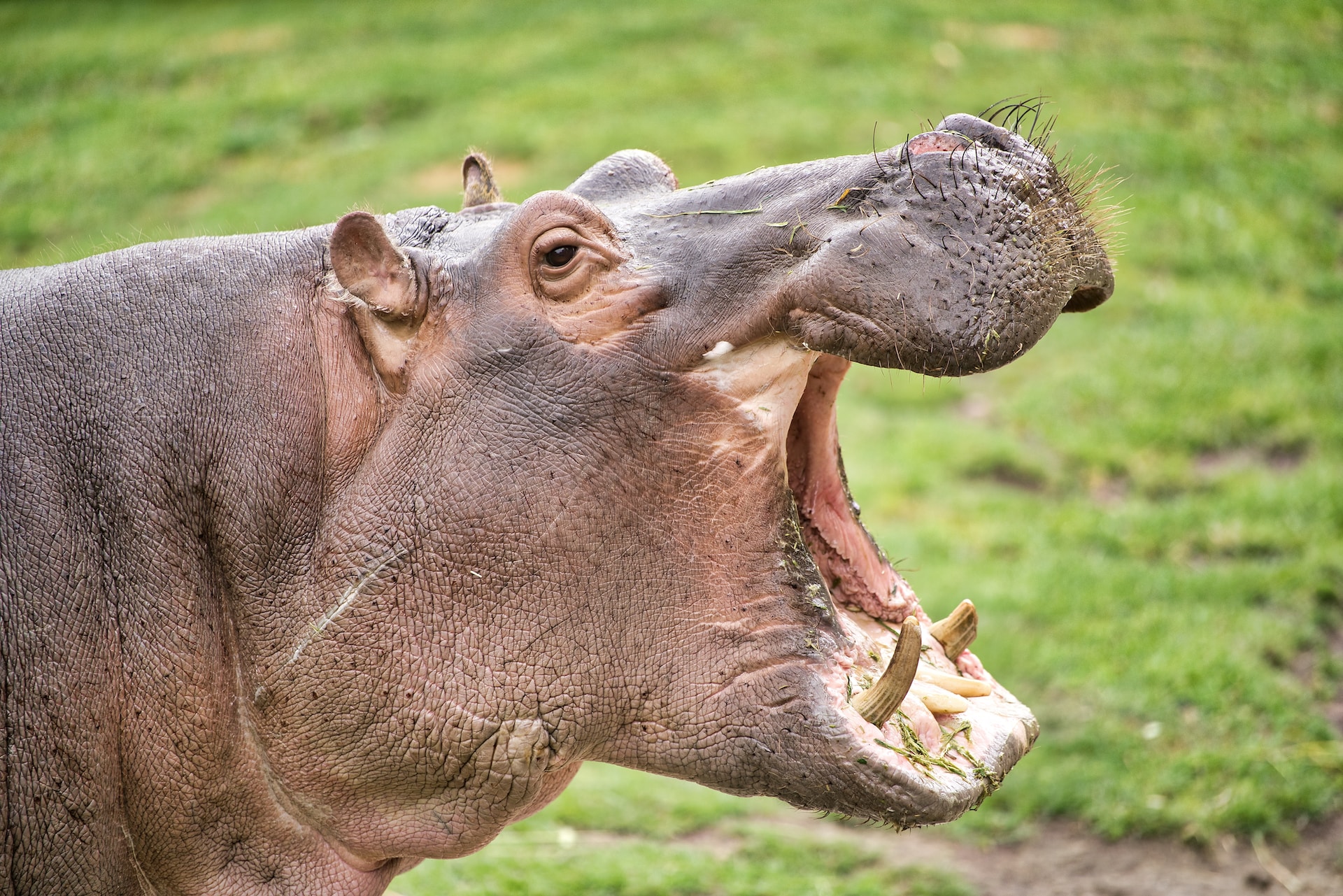 Photo by Stefan Steinbauer on Unsplash
Photo by Stefan Steinbauer on Unsplash
10. Pufferfish
The pufferfish, primarily found in tropical seas, contains tetrodotoxin—a potent poison that can be deadly to humans if consumed. It's especially dangerous because certain delicacies use pufferfish, requiring careful preparation to avoid poisoning.
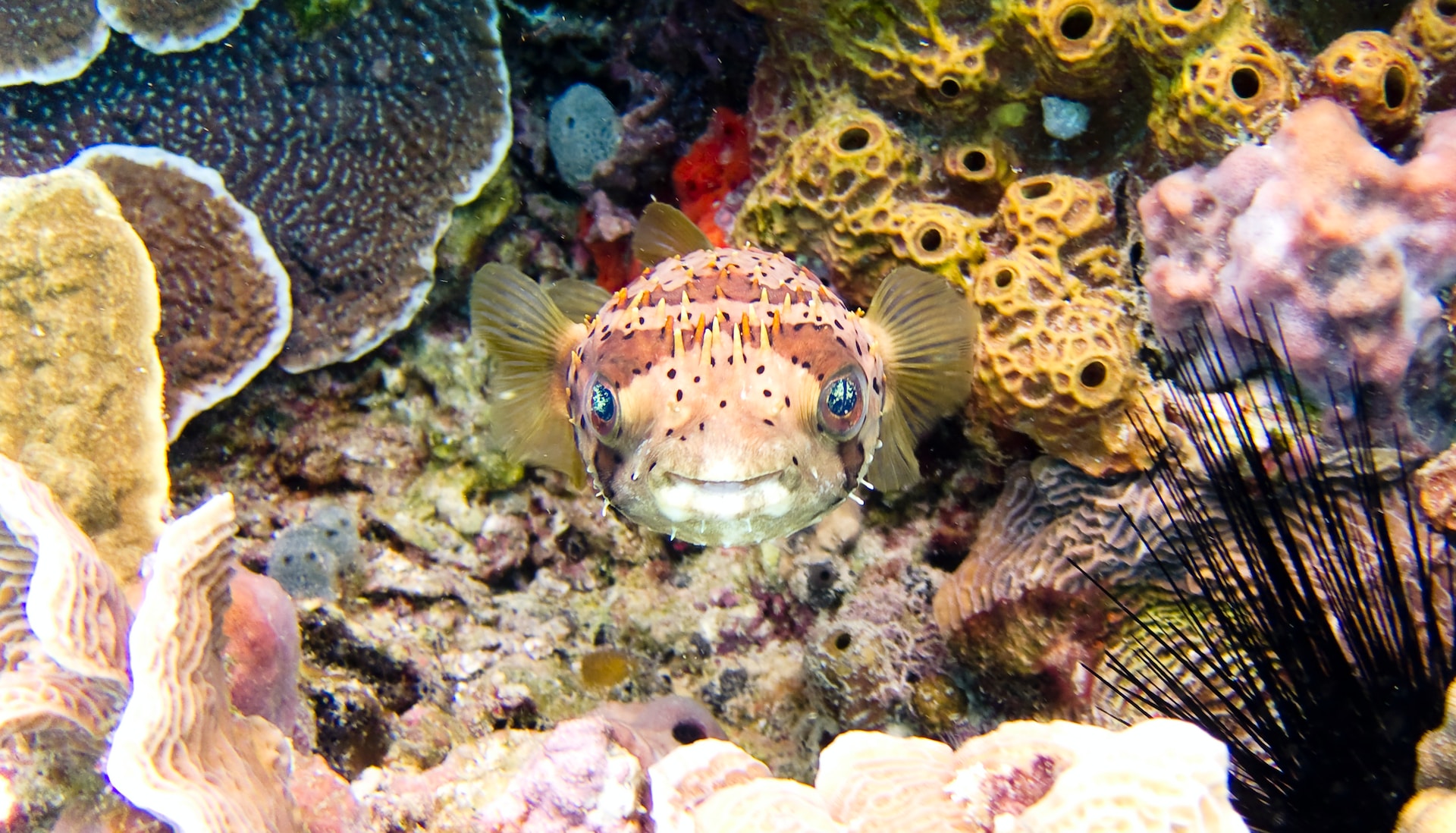 Photo by Vlad Tchompalov on Unsplash
Photo by Vlad Tchompalov on Unsplash
11. Brazilian Wandering Spider
Often considered the world's most venomous spider, its bite can be lethal to humans. Native to South America, its venom can cause paralysis and asphyxiation.
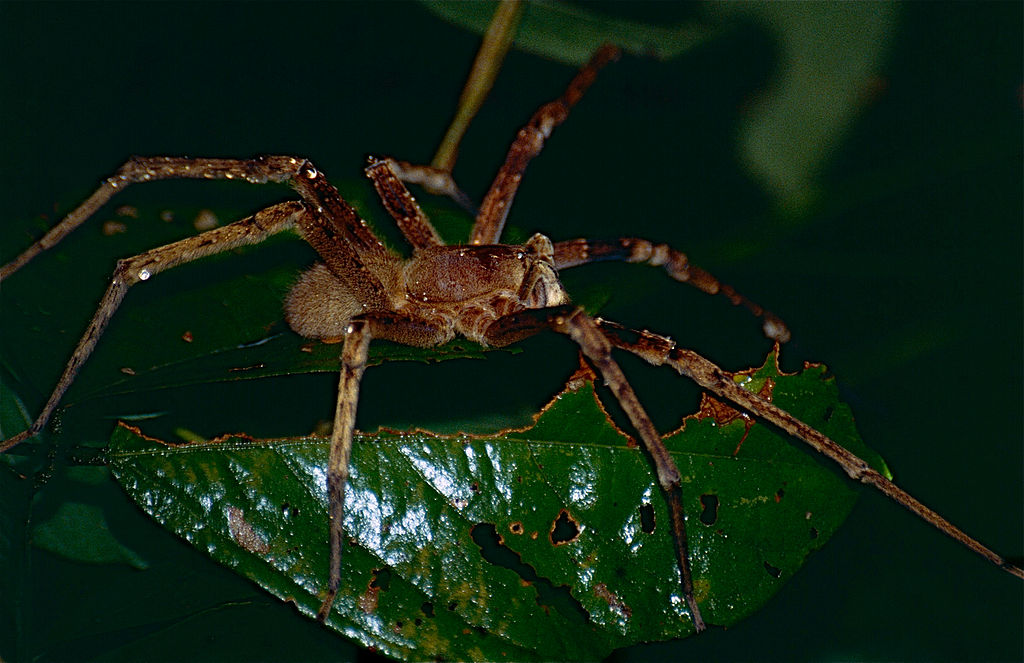 Photo by Bernard DUPONT from FRANCE on Wikimedia Commons
Photo by Bernard DUPONT from FRANCE on Wikimedia Commons
12. Polar Bear
The largest land carnivore, polar bears are not naturally accustomed to humans, making encounters unpredictable. Climate change and shrinking ice have led to increased human-bear interactions, often with deadly results.
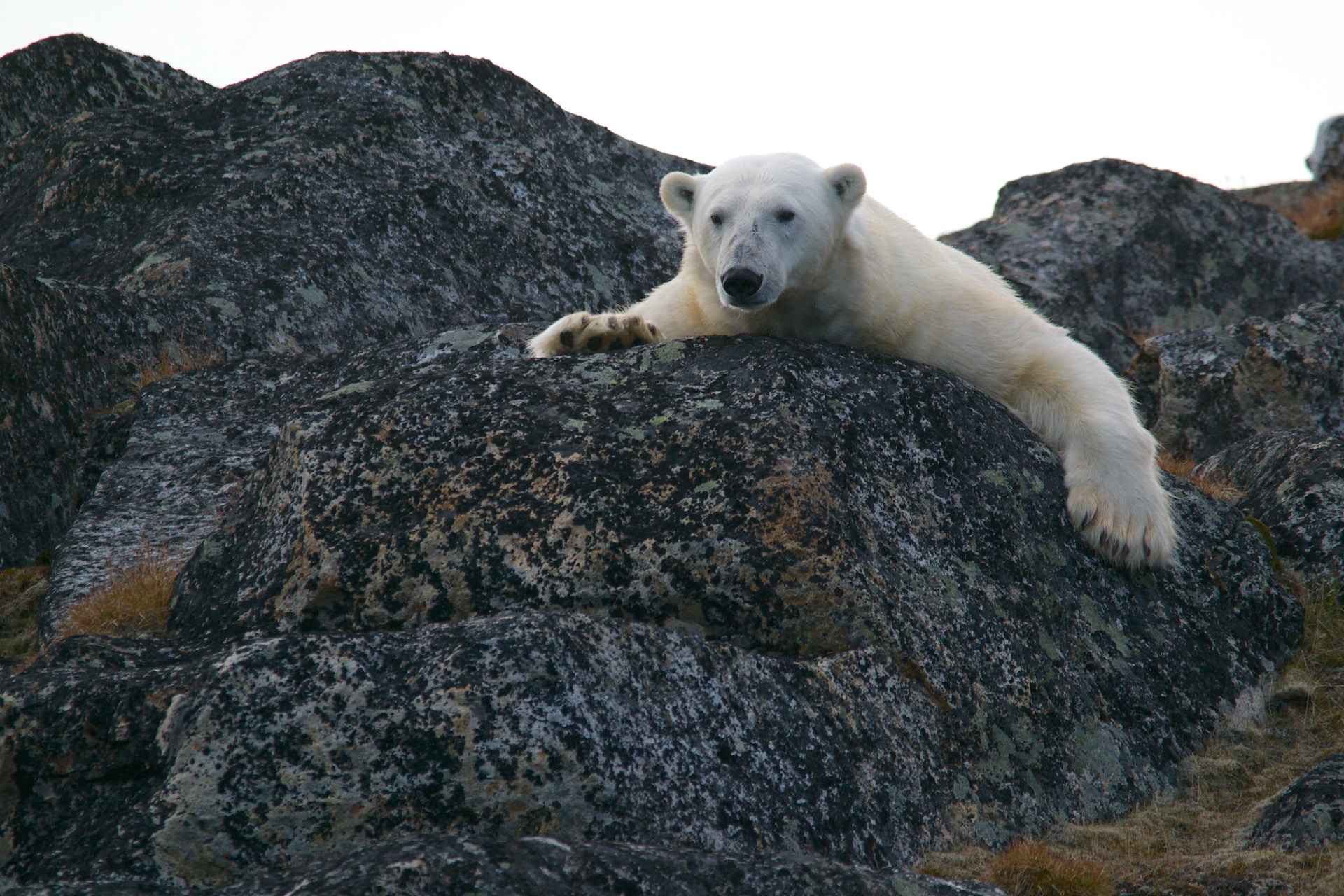 Photo by Andy Brunner on Unsplash
Photo by Andy Brunner on Unsplash
13. Komodo Dragon
The world's largest lizard, Komodo dragons have saliva teeming with harmful bacteria. A bite can lead to severe infection, and in some cases, death.
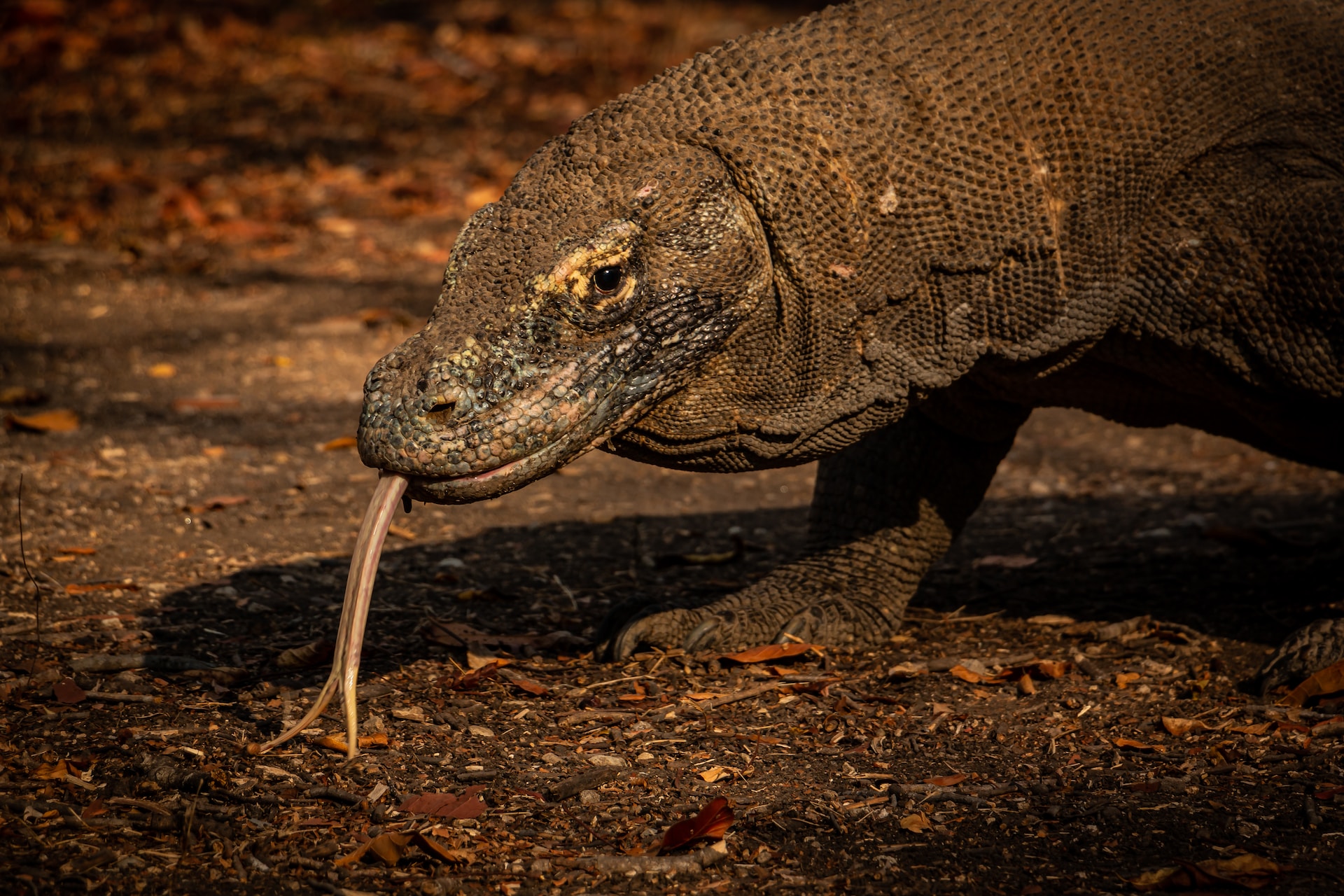 Photo by Rasmus Gundorff Sæderup on Unsplash
Photo by Rasmus Gundorff Sæderup on Unsplash
14. Golden Poison Dart Frog
Native to Colombia, this small frog's skin contains enough toxin to kill up to ten grown men. Indigenous tribes have historically used its poison for blow darts.
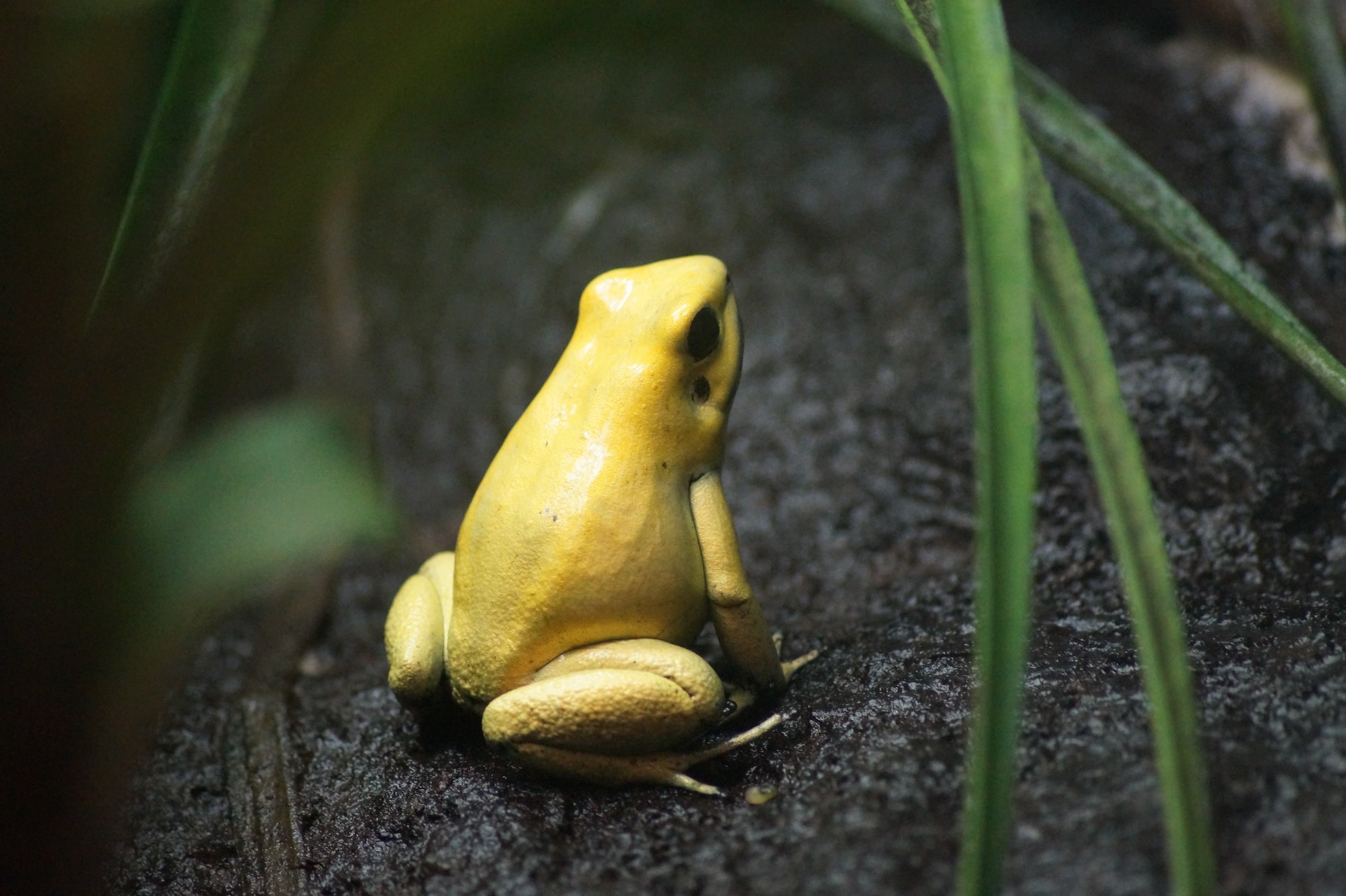 Photo by Ruben Engel on Unsplash
Photo by Ruben Engel on Unsplash
15. Saw-scaled Viper
Found in parts of Africa, the Middle East, and Asia, this snake's venom is potent and can cause fatalities. Its ability to thrive in populated areas increases the risk of human encounters.
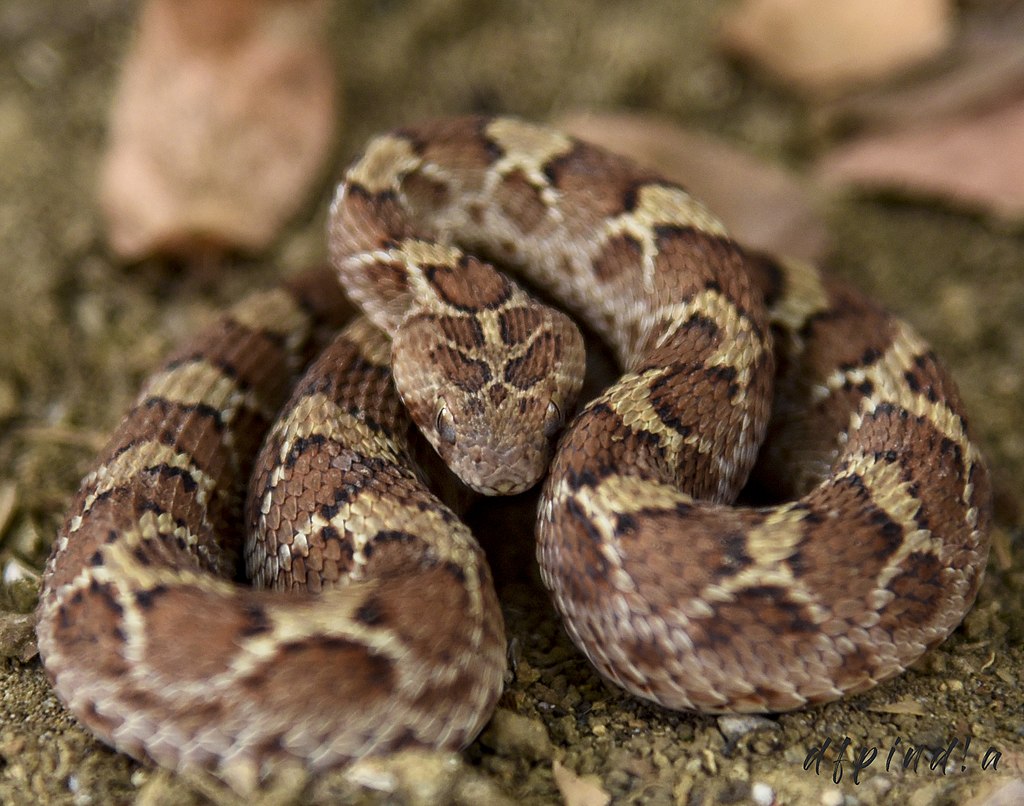 Photo by Dfpindia on Wikimedia Commons
Photo by Dfpindia on Wikimedia Commons
16. Blue-ringed Octopus
Though small, the blue-ringed octopus carries enough venom to kill 26 adults within minutes. Native to the Pacific and Indian Oceans, they're especially dangerous because their bites can be painless.
 Photo by Kris-Mikael Krister on Unsplash
Photo by Kris-Mikael Krister on Unsplash
17. Deathstalker Scorpion
This scorpion's sting can cause intense pain, fever, coma, paralysis, and even death in humans. It's considered the most venomous scorpion in the world.
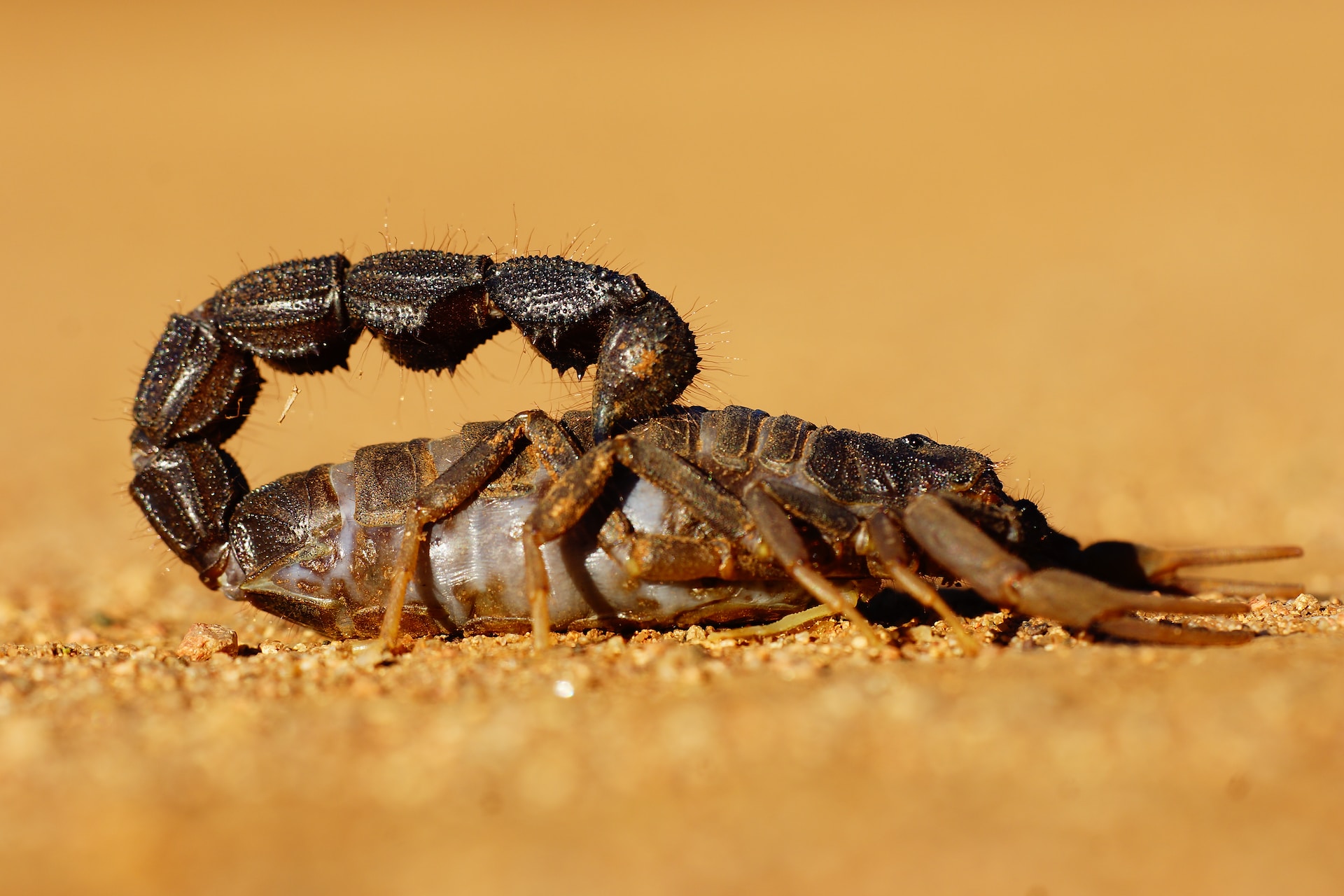 Photo by Leon Pauleikhoff on Unsplash
Photo by Leon Pauleikhoff on Unsplash
18. Stonefish
Camouflaged as a rock, the stonefish is the world's most venomous fish. Stepping on its sharp spines can inject a toxin that can be fatal if not treated immediately.
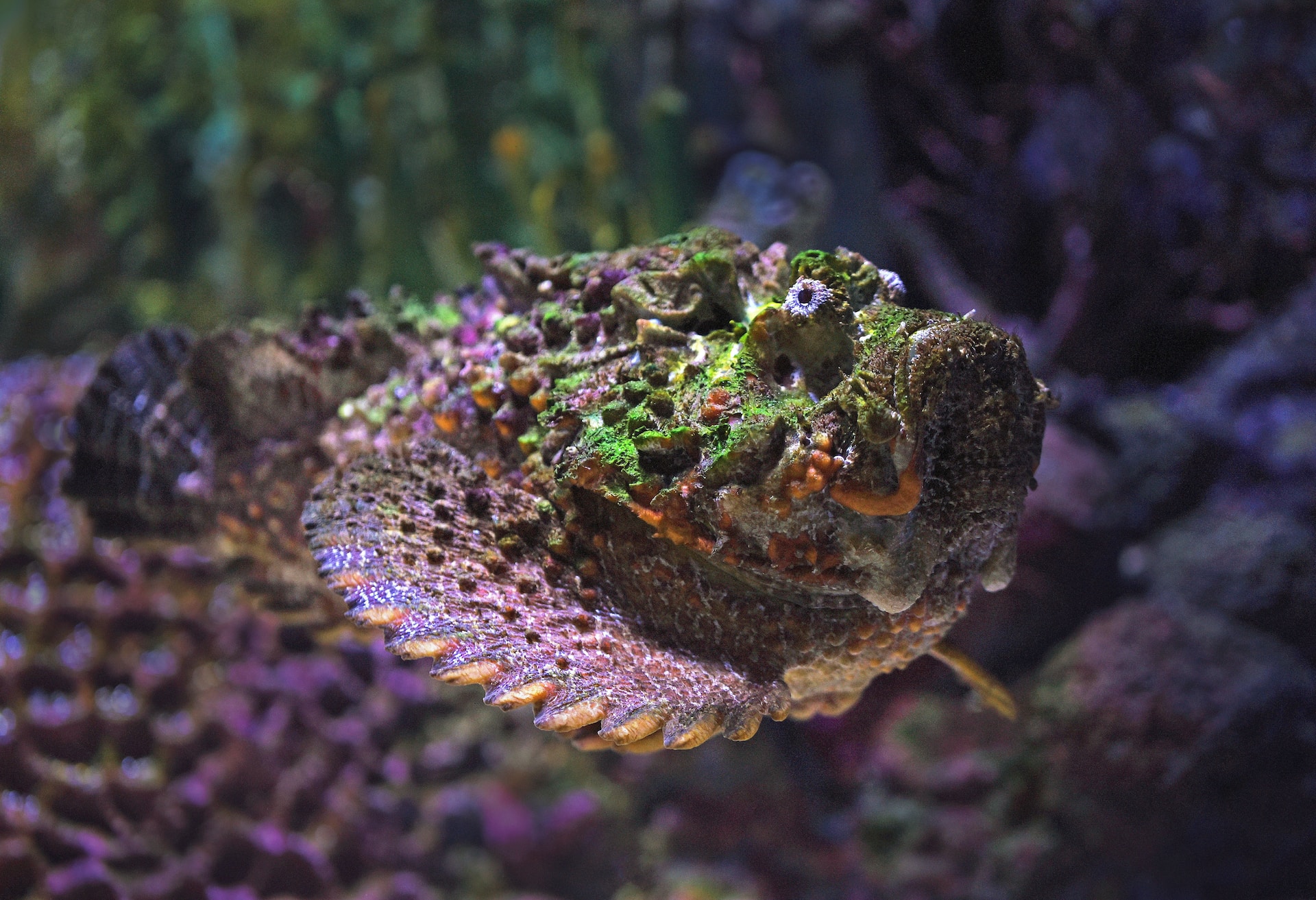 Photo by David Clode on Unsplash
Photo by David Clode on Unsplash
19. Cone Snail
Found in warm coastal waters, the cone snail's harpoon-like teeth can inject a potent venom. A single drop of its venom is said to be strong enough to kill 20 adults.
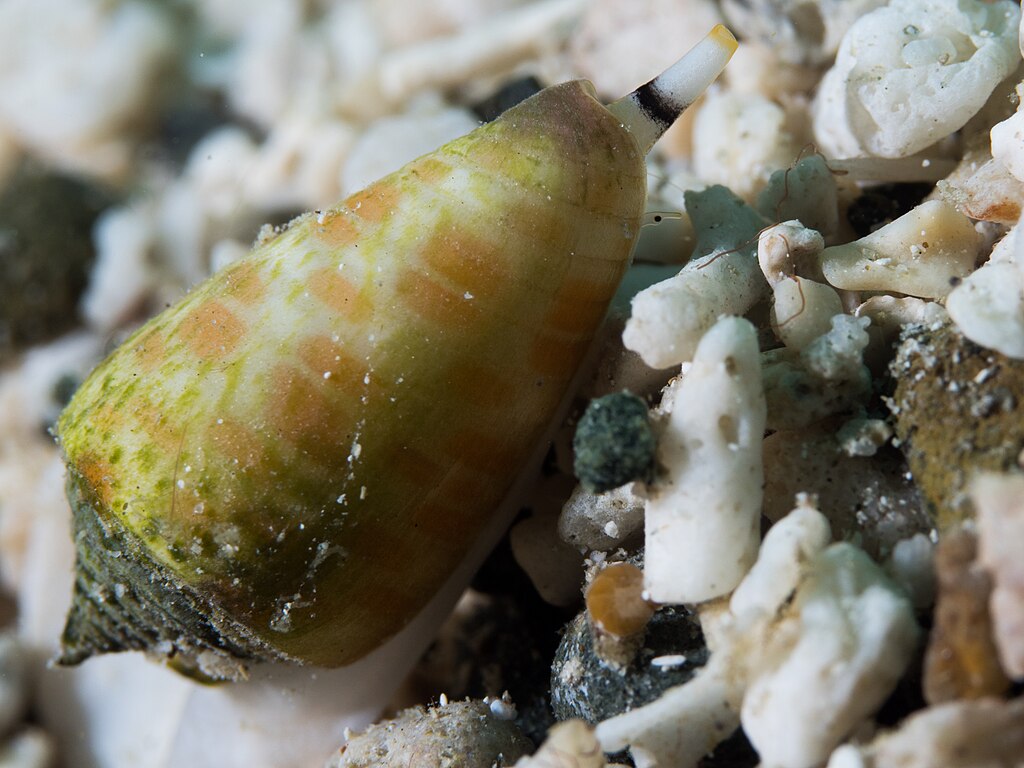 Photo by Rickard Zerpe on Wikimedia Commons
Photo by Rickard Zerpe on Wikimedia Commons
20. Inland Taipan
Also known as the "fierce snake", it possesses the most toxic venom of any snake species globally. Fortunately, it's relatively reclusive and encounters with humans are rare.
21. Bull Shark
Known for its unpredictable behavior, the bull shark can inhabit both saltwater and freshwater. It's responsible for a significant number of unprovoked attacks on humans due to its proximity to populated areas.
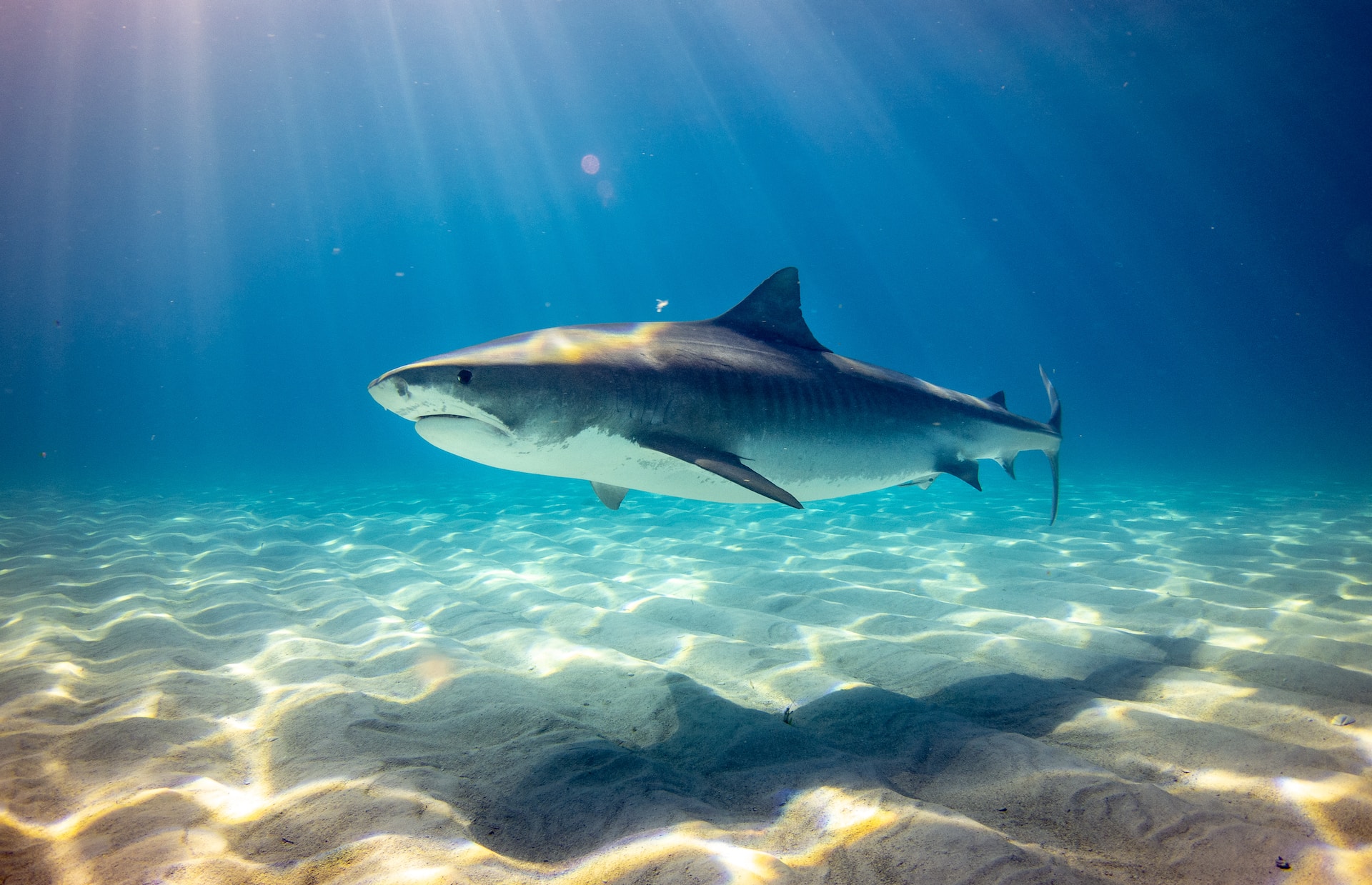 Photo by Gerald Schömbs on Unsplash
Photo by Gerald Schömbs on Unsplash
22. Asian Giant Hornet
Dubbed the "murder hornet", its sting is not only painful but can be lethal, especially when a person is stung multiple times. In Japan, it's responsible for up to 50 deaths annually.
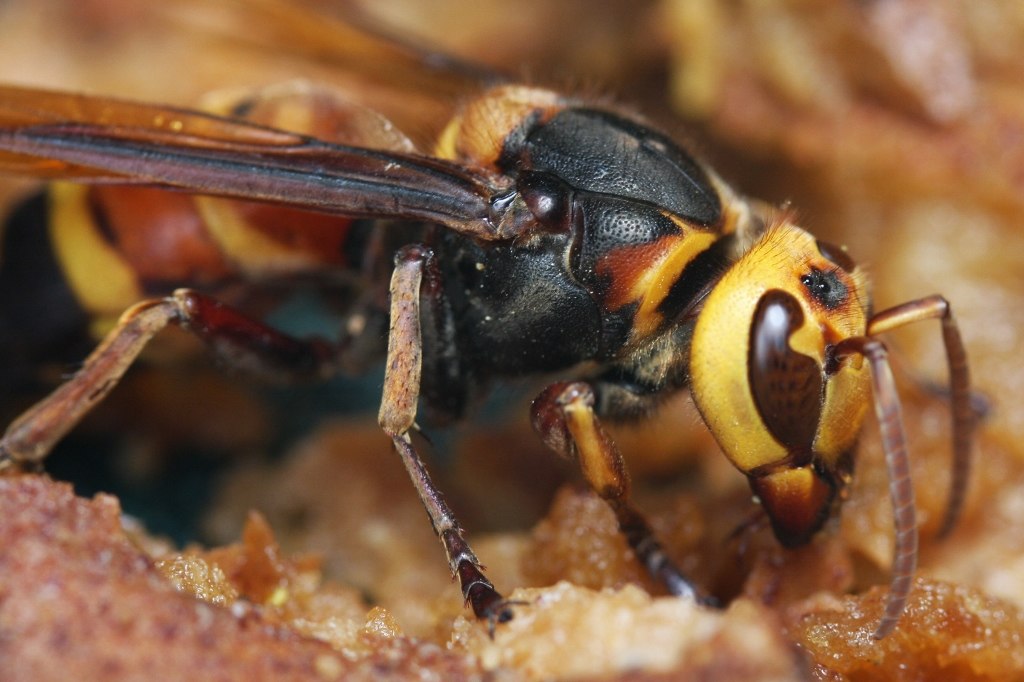 Photo by Thomas Brown on Wikimedia Commons
Photo by Thomas Brown on Wikimedia Commons
23. Hyena
While they are primarily scavengers, hyenas have powerful jaws and can be aggressive when threatened. There have been recorded instances of hyenas attacking and killing humans.
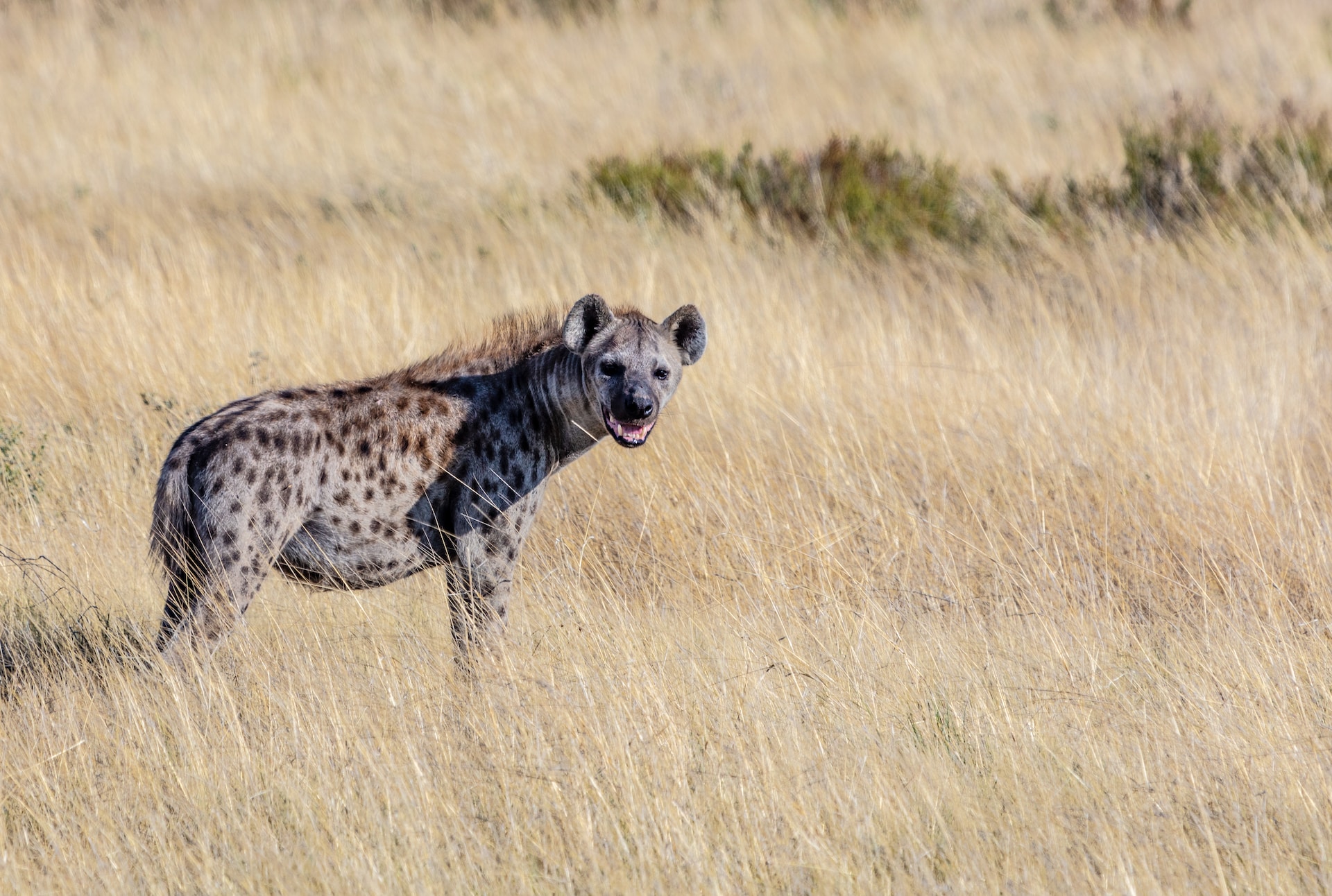 Photo by Alan J. Hendry on Unsplash
Photo by Alan J. Hendry on Unsplash
24. Funnel Web Spider
Native to Australia, the funnel web spider's bite can be deadly if not treated promptly. It's regarded as one of the most dangerous spiders globally due to its potent venom.
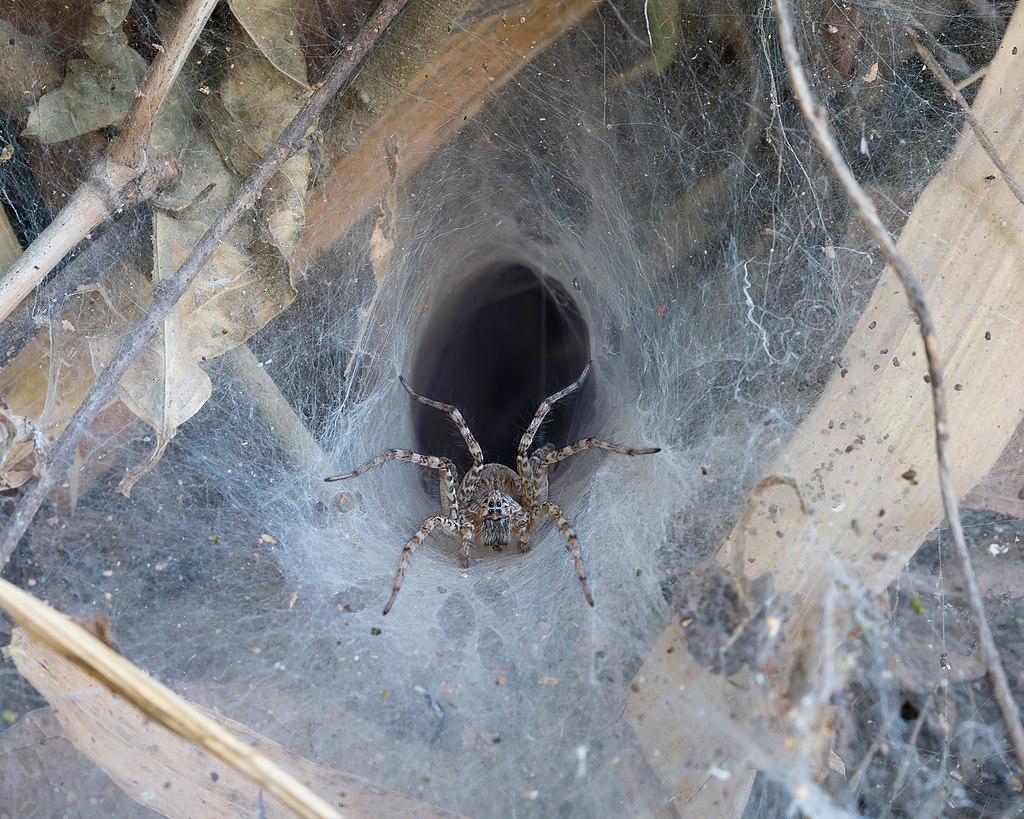 Photo by Basile Morin on Wikimedia Commons
Photo by Basile Morin on Wikimedia Commons
25. Gaboon Viper
Possessing the longest fangs of any snake, the Gaboon viper's venom can cause rapid death. It's native to the rainforests of Sub-Saharan Africa.
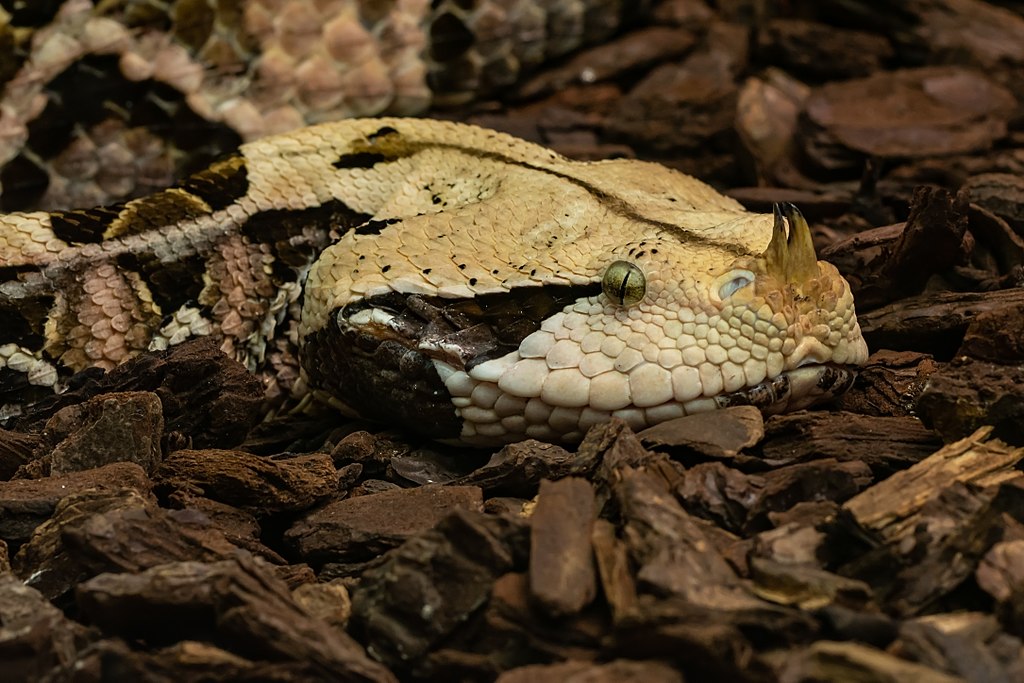 Photo by Isiwal on Wikimedia Commons
Photo by Isiwal on Wikimedia Commons
26. Cassowary
Native to the tropical forests of New Guinea and northern Australia, the cassowary is often dubbed the world's most dangerous bird. Its sharp claws can deliver deadly blows, and it can become aggressive if cornered.
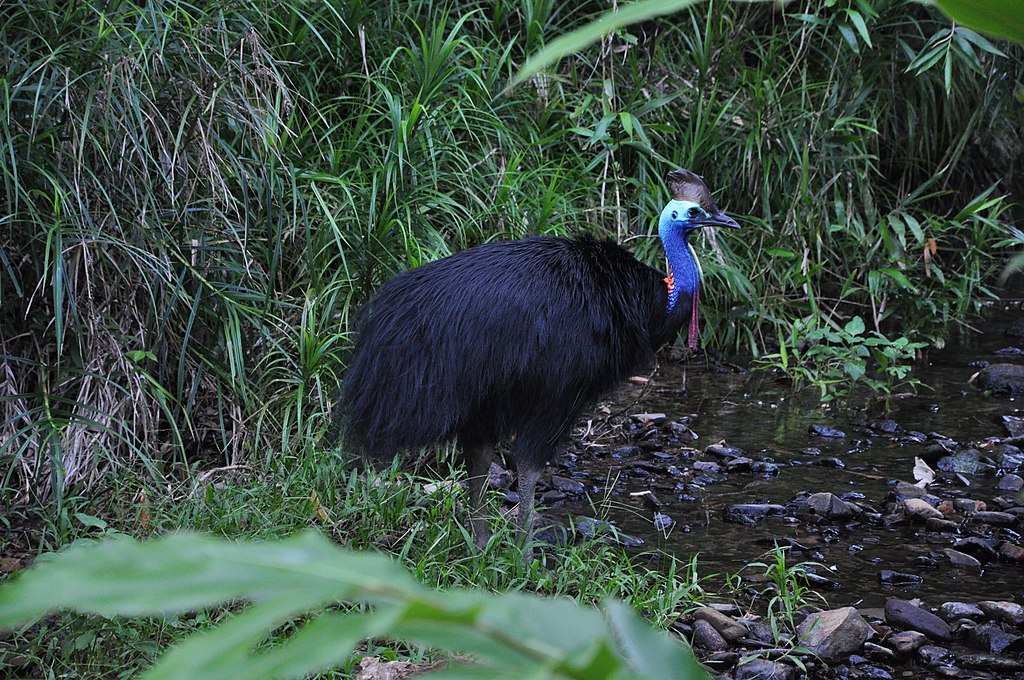 Photo by Dmitry Brant on Wikimedia Commons
Photo by Dmitry Brant on Wikimedia Commons
27. King Cobra
The world's longest venomous snake, the king cobra's bite can lead to paralysis and death. Found in Southeast Asia, it's revered and feared for its potent venom.
28. Grizzly Bear
Native to North America, grizzly bears are formidable predators with immense strength. While generally reclusive, they can be aggressive when surprised or protecting their young.
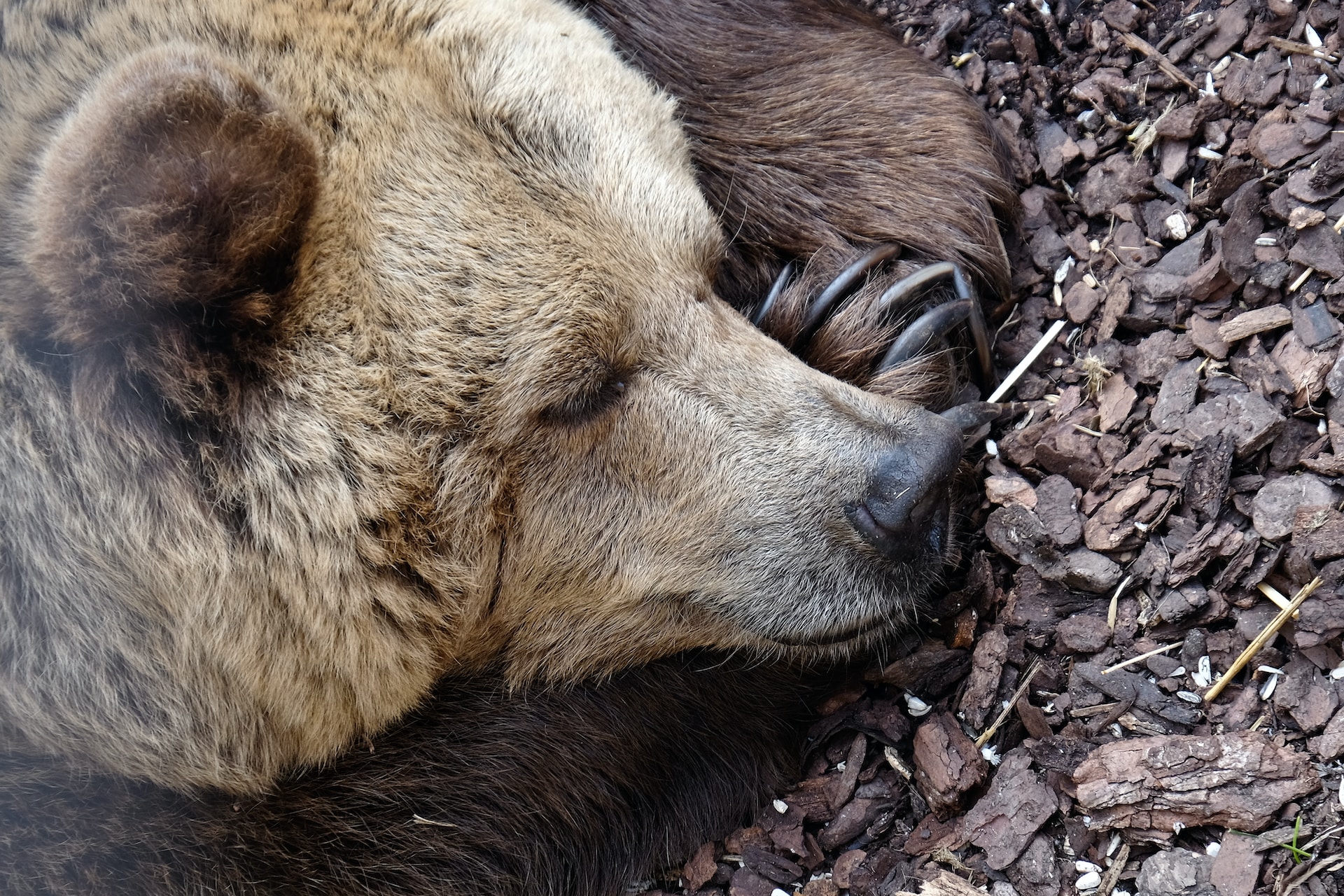 Photo by Daniele Levis Pelusi on Unsplash
Photo by Daniele Levis Pelusi on Unsplash
29. Leopard
Leopards are versatile predators capable of killing prey larger than themselves. They are known to attack humans, especially in areas where their habitats overlap with populated regions.
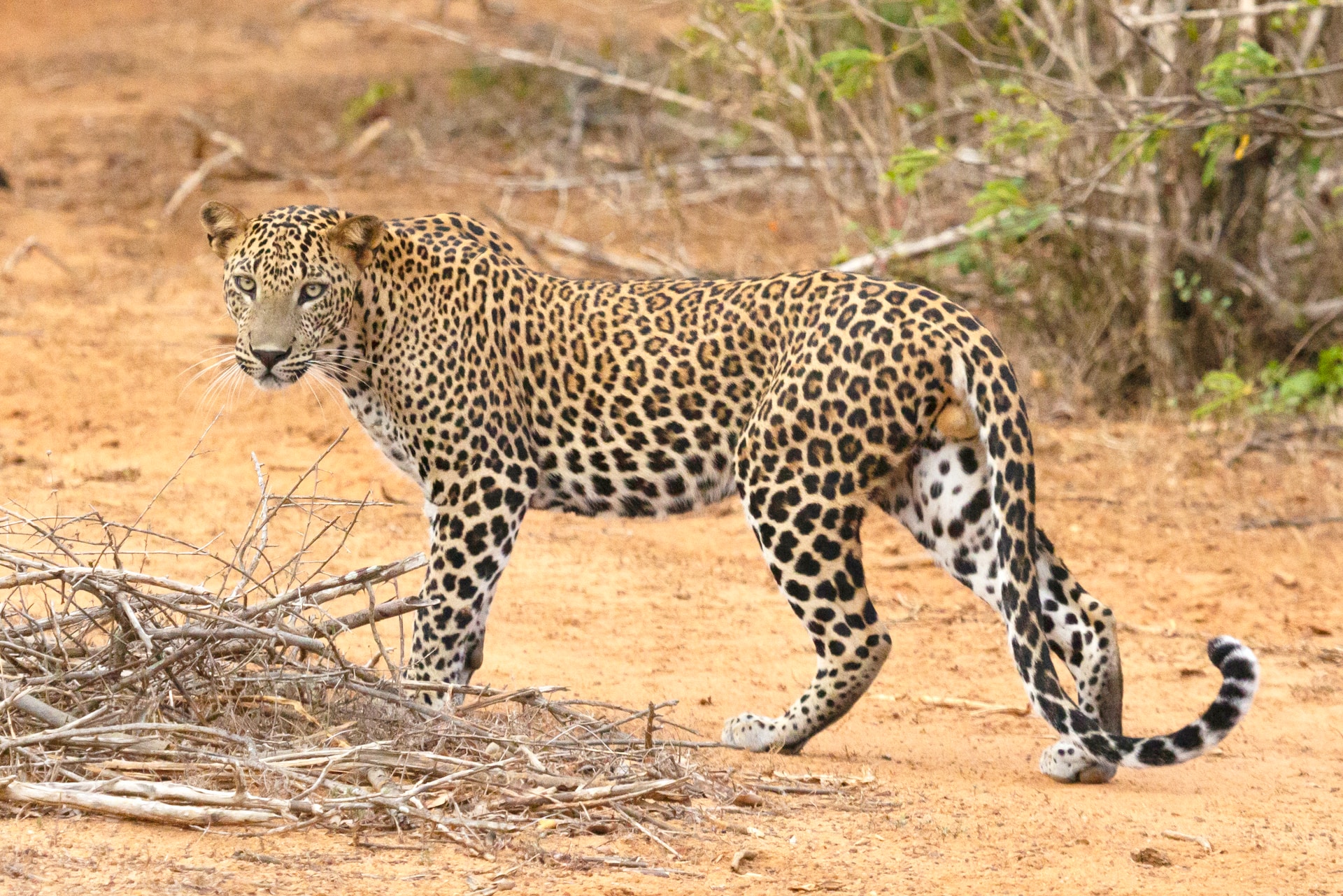 Photo by Geoff Brooks on Unsplash
Photo by Geoff Brooks on Unsplash
30. Redback Spider
Another venomous arachnid from Australia, the redback spider's bite can cause severe pain and is potentially fatal if not treated. Females, identifiable by their distinctive red stripe, are particularly dangerous.
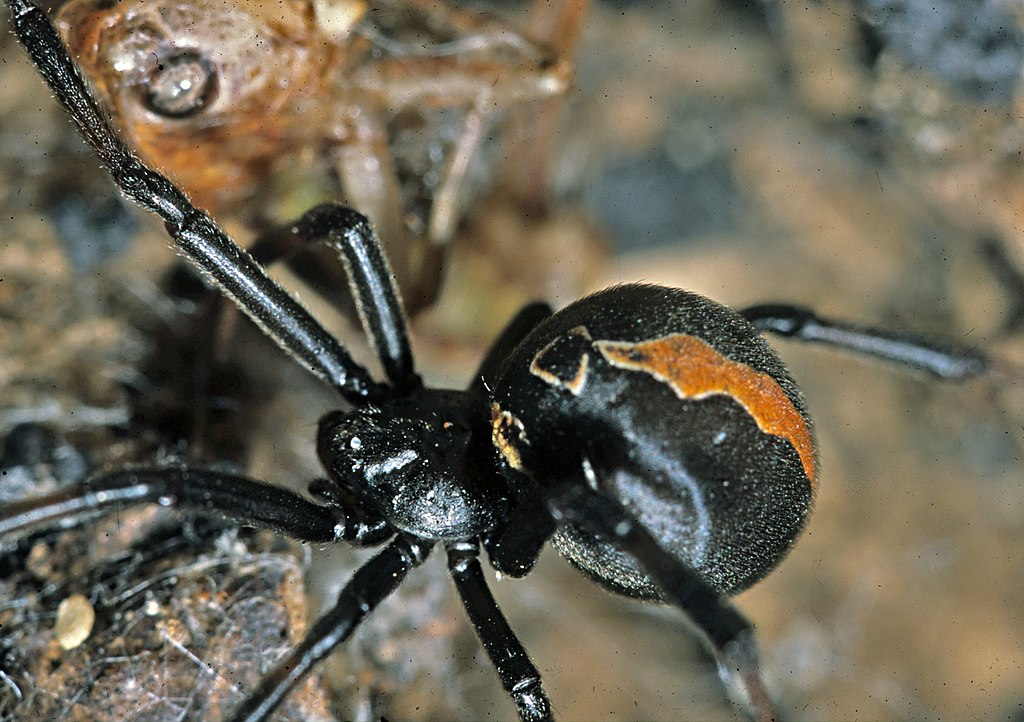 Photo by Don Horne on Wikimedia Commons
Photo by Don Horne on Wikimedia Commons
31. Carpet Viper
Found in parts of Africa and the Middle East, this snake is responsible for the most snakebite deaths in its regions. Its venom can lead to spontaneous bleeding and death.
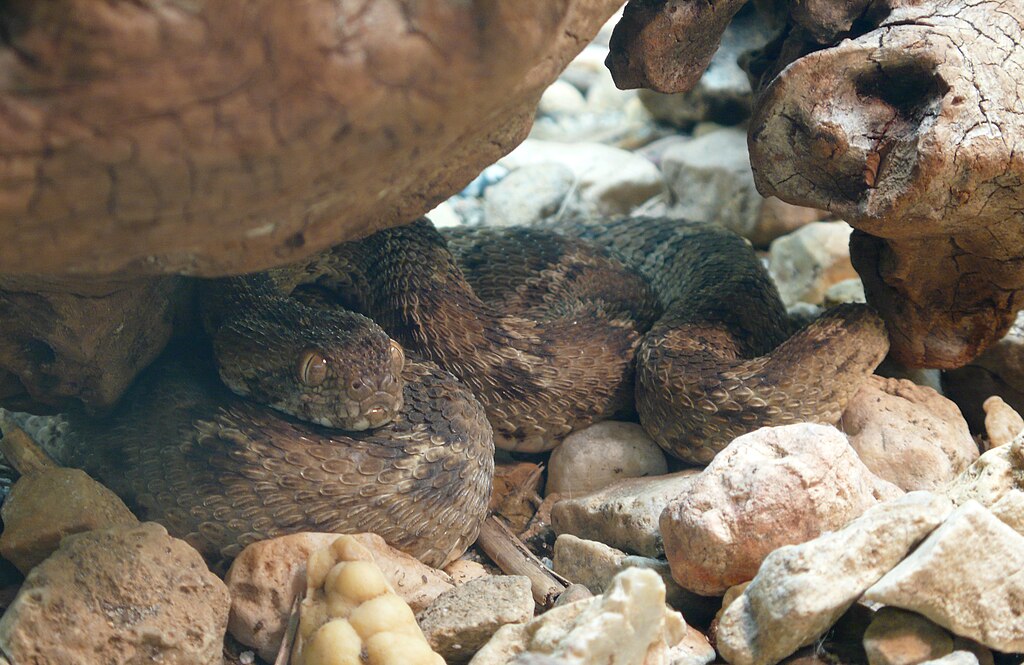 Photo by TimVickers on Wikimedia Commons
Photo by TimVickers on Wikimedia Commons
32. Stingray
While typically docile, stingrays can deliver a painful and sometimes fatal sting with their barbed tail. The famous naturalist Steve Irwin tragically died from a stingray injury.
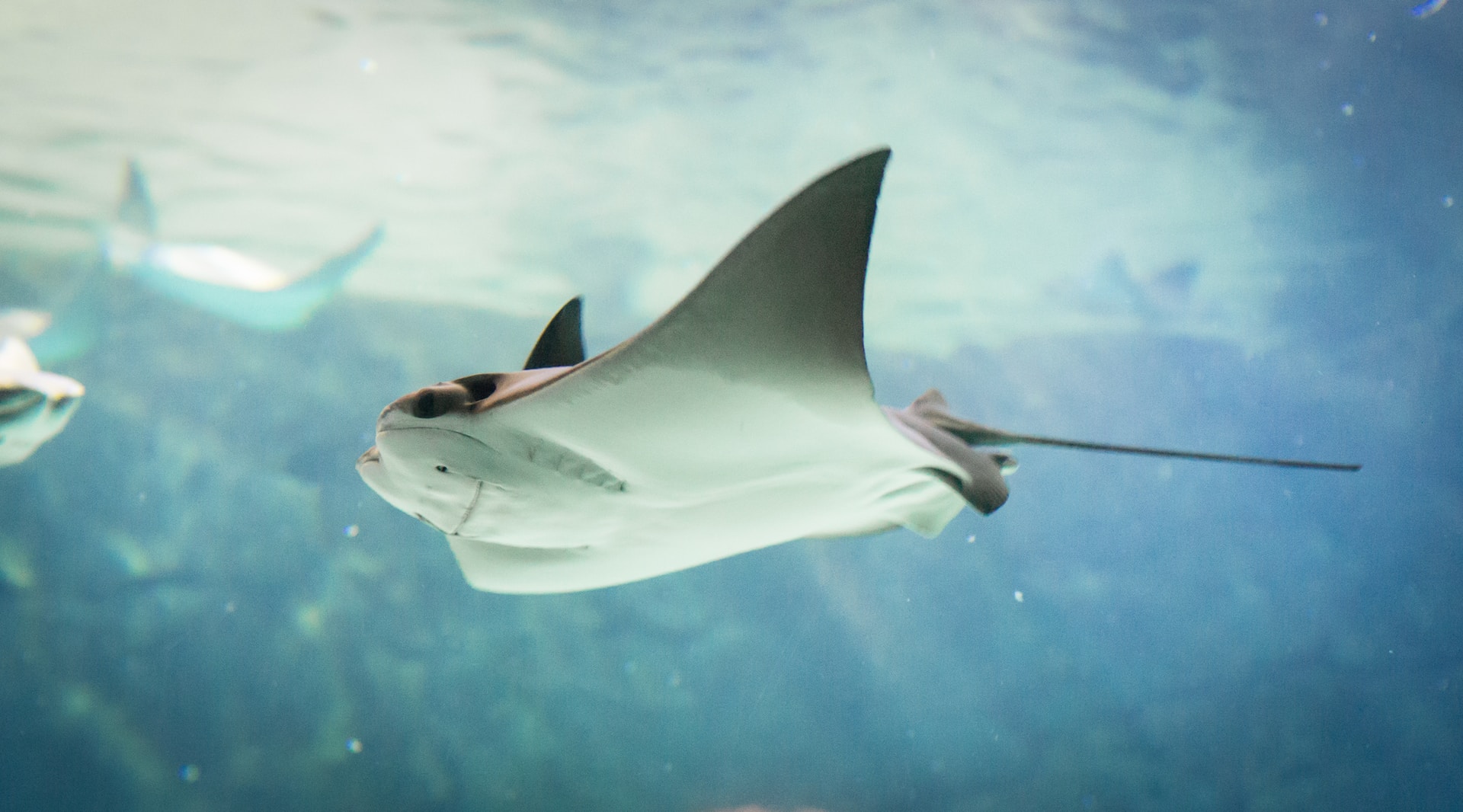 Photo by Ruben Ortega on Unsplash
Photo by Ruben Ortega on Unsplash
33. Reticulated Python
The world's longest snake, while not venomous, it kills by constriction. There have been cases of reticulated pythons attacking and consuming humans in Southeast Asia.
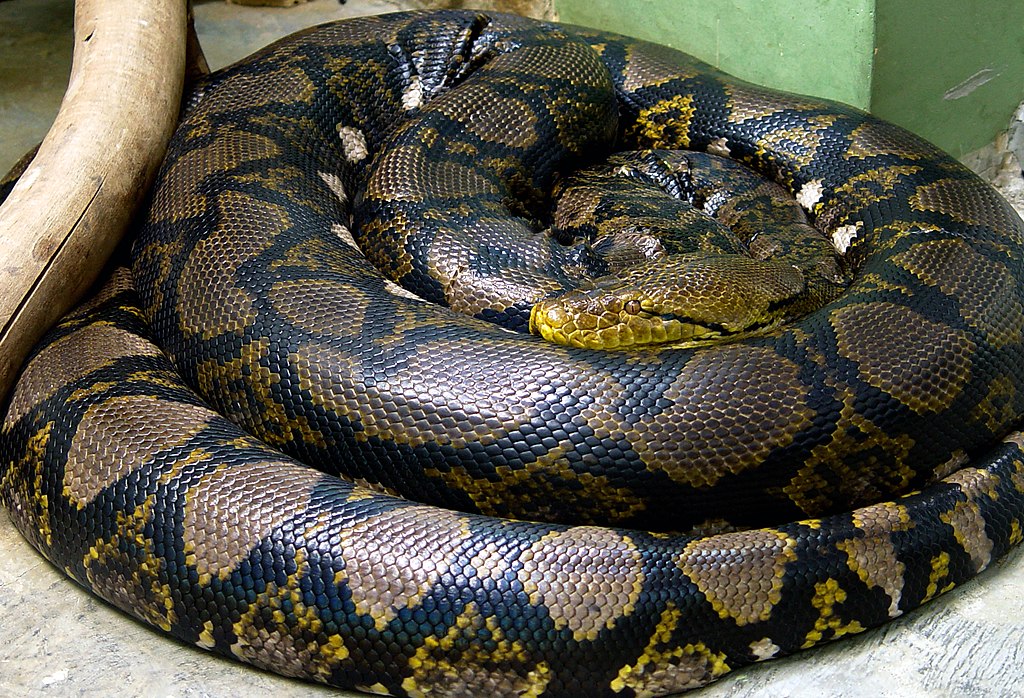 Photo by Mariluna on Wikimedia Commons
Photo by Mariluna on Wikimedia Commons
34. African Rock Python
Native to sub-Saharan Africa, this is one of the largest snake species. Like the reticulated python, it constricts its prey, and there have been reports of attacks on humans.
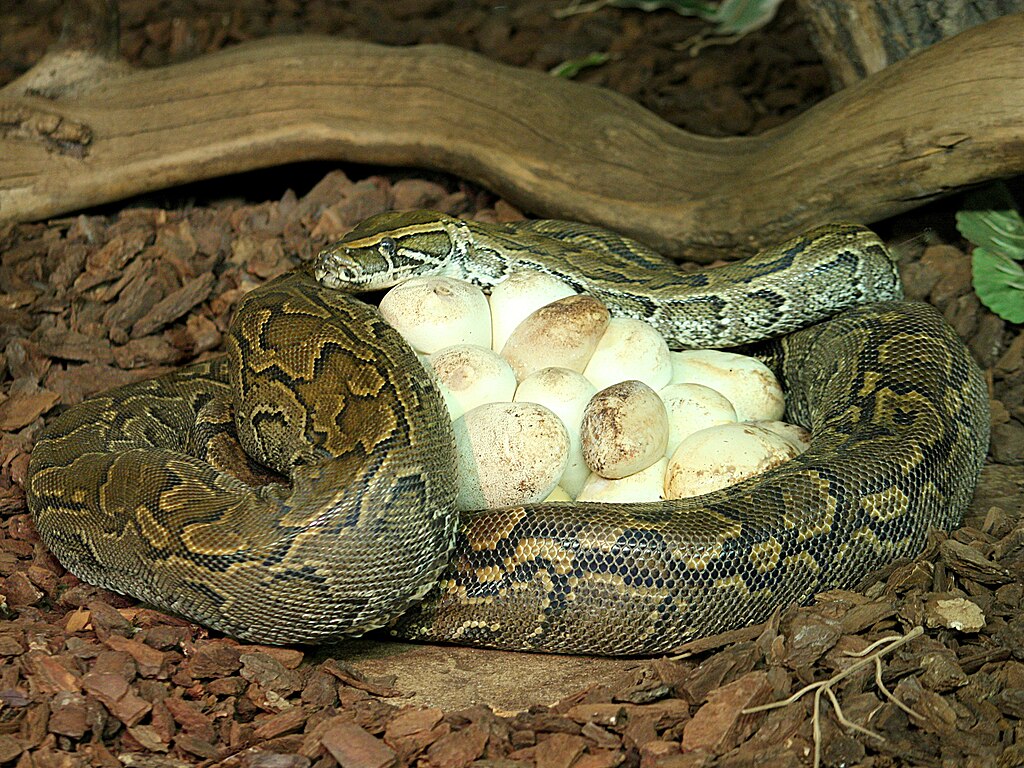 Photo by Tigerpython on Wikimedia Commons
Photo by Tigerpython on Wikimedia Commons
35. Indian Elephant
Though smaller than its African counterpart, the Indian elephant can be just as dangerous. Encroachments on their habitats have led to increased human-elephant conflicts, resulting in fatalities.
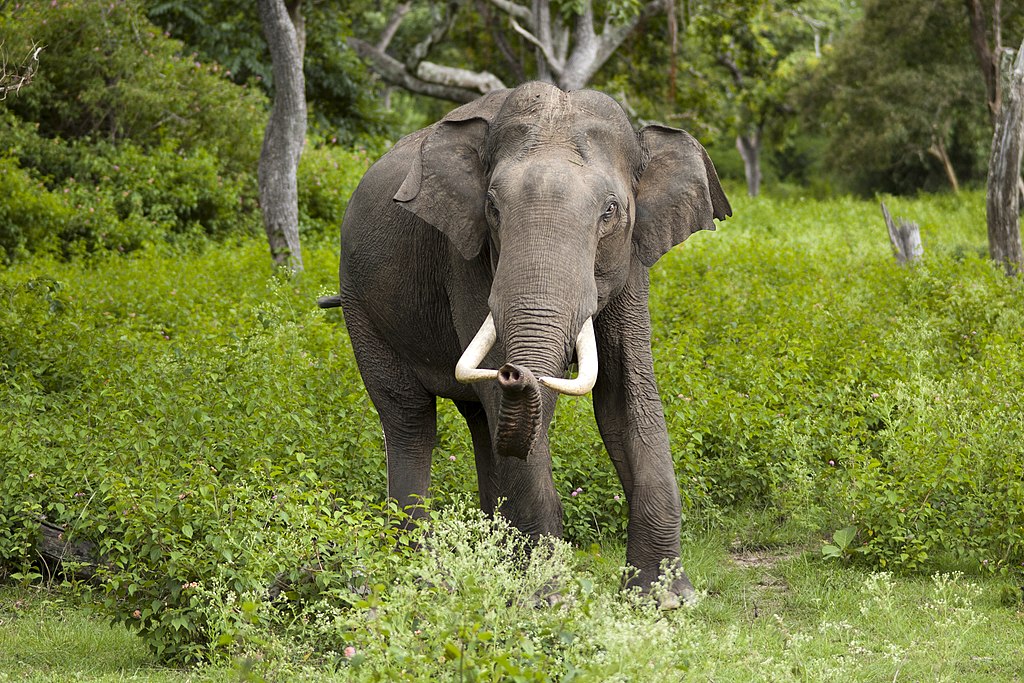 Photo by Yathin S Krishnappa on Wikimedia Commons
Photo by Yathin S Krishnappa on Wikimedia Commons
36. Gray Wolf
While human-wolf interactions are rare, gray wolves can be dangerous when threatened or cornered. In some parts of the world, there have been reports of wolf attacks on humans.
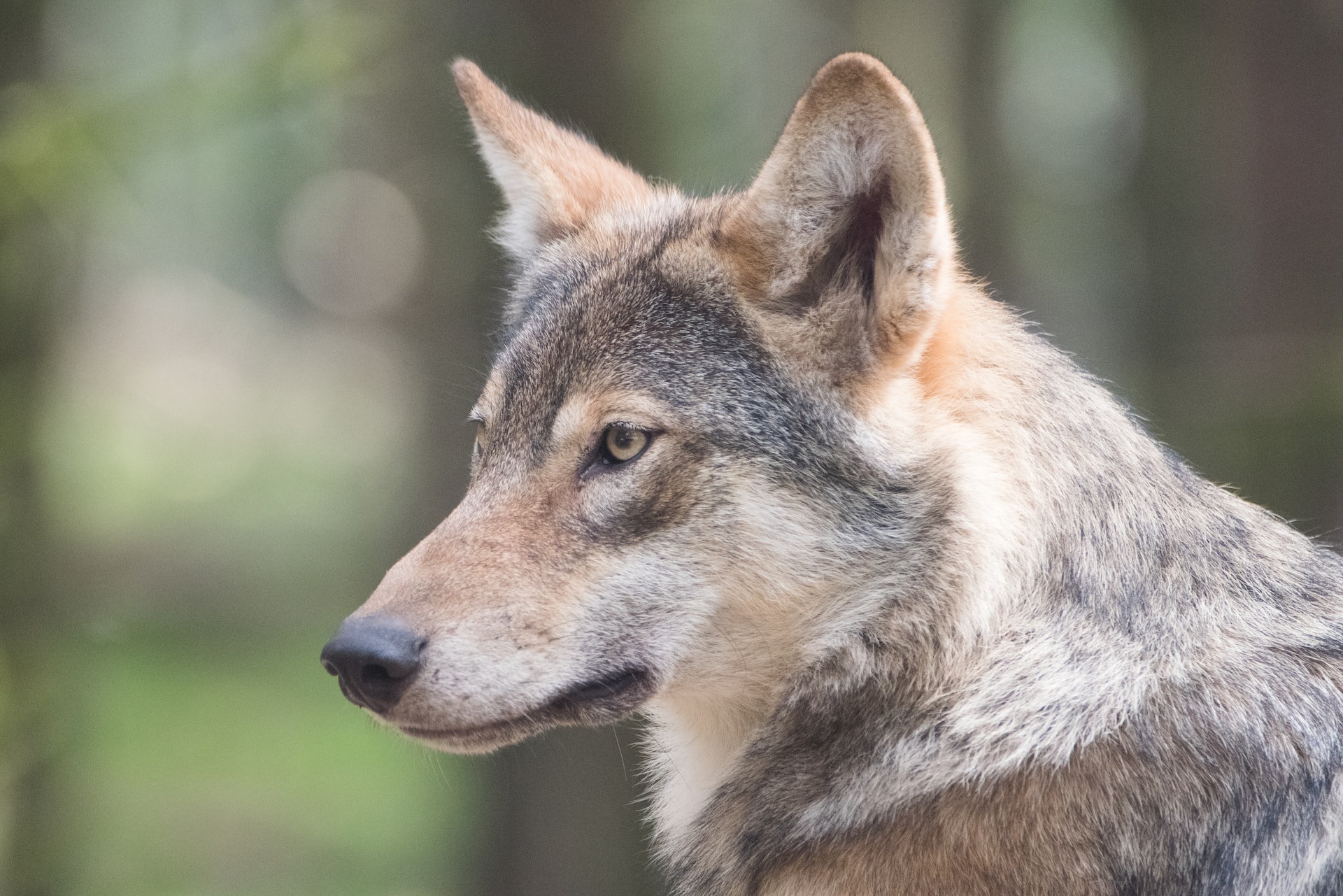 Photo by M. Zonderling on Unsplash
Photo by M. Zonderling on Unsplash
37. Golden Eagle
One of the largest birds of prey, golden eagles have powerful talons capable of killing large mammals. While rare, there have been instances of golden eagles attacking small children.
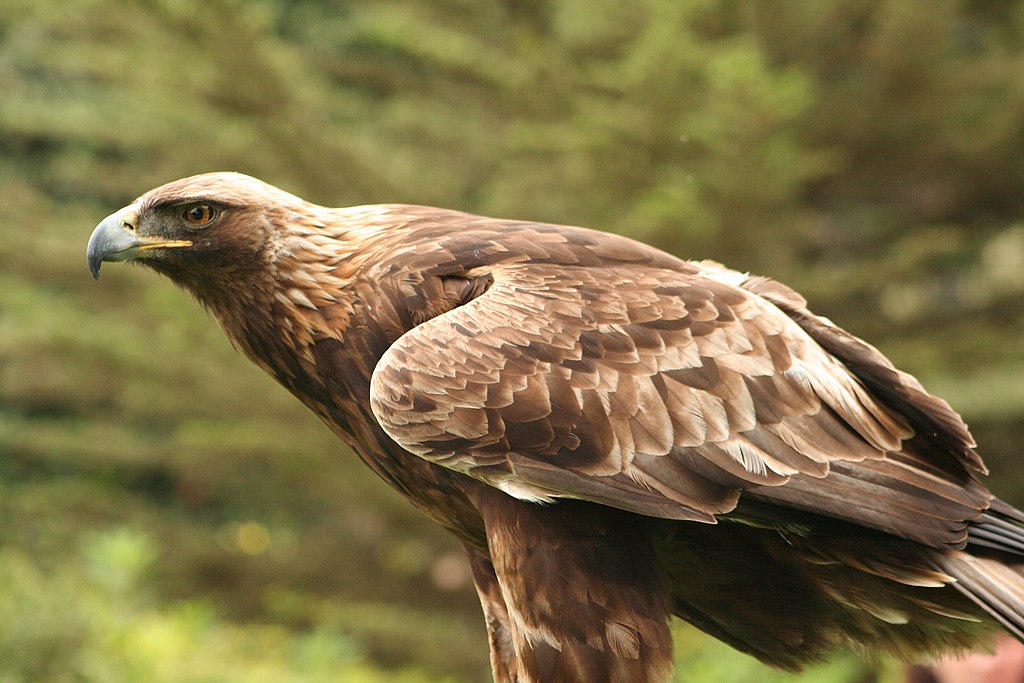 Photo by Rocky on Wikimedia Commons
Photo by Rocky on Wikimedia Commons
38. Gila Monster
Native to the southwestern United States and Mexico, the Gila monster is one of the few venomous lizards. Its bite, while not typically fatal to humans, can be extremely painful.
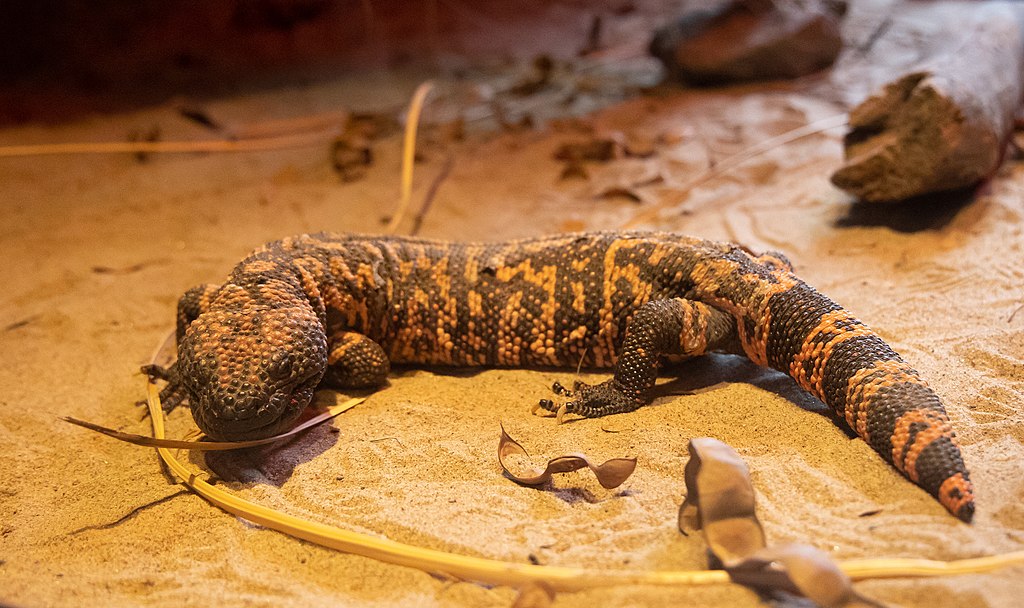 Photo by Theo Kruse / Burgers' Zoo on Wikimedia Commons
Photo by Theo Kruse / Burgers' Zoo on Wikimedia Commons
39. Tsetse Fly
This tiny insect is responsible for transmitting the Trypanosoma parasite that causes African sleeping sickness, a disease that can be fatal if untreated. Millions in Sub-Saharan Africa are at risk from this fly.
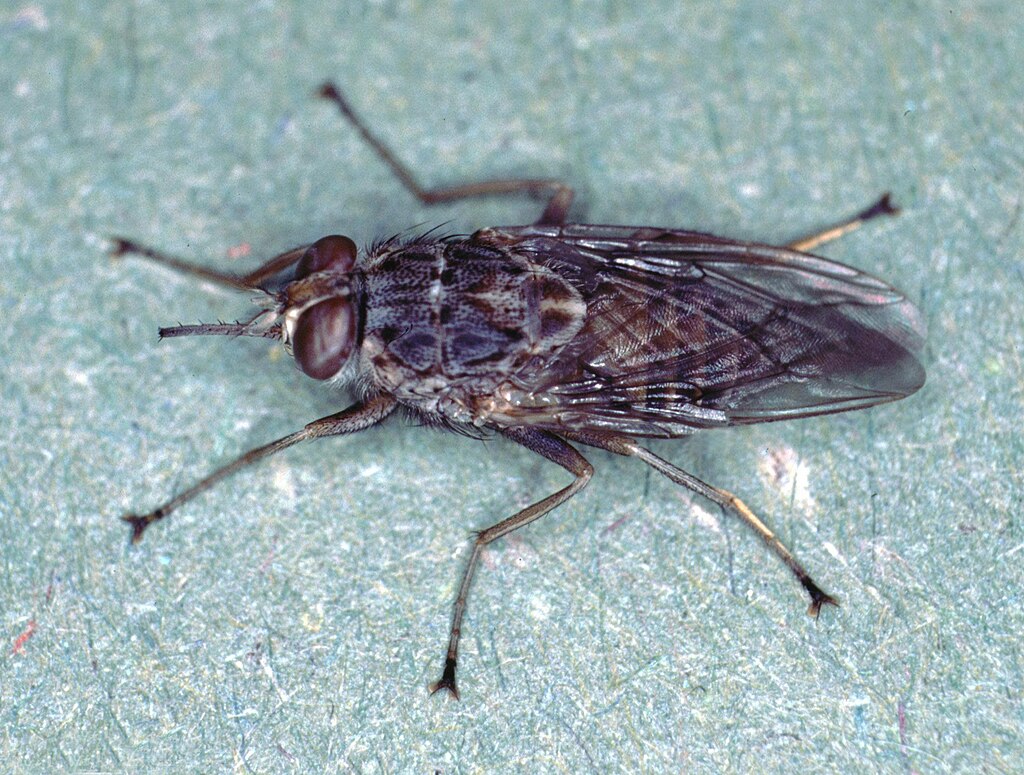 Photo by Alan R Walker on Wikimedia Commons
Photo by Alan R Walker on Wikimedia Commons
40. Wild Boar
Common in many parts of the world, wild boars are powerful and can become aggressive, especially when cornered or protecting their young. They're responsible for several attacks on humans annually.
KEEP ON READING

The Most Popular Signature Dishes Around the World



